Introduction

As only the Leica/Minolta CL and the Minolta CLE feature 40mm framelines, 40mm has never become one of the most popular focal lengths in the M-mount world and the only manufacturer that caters the needs of the 40mm fans these days is Cosina, offering no less than three different 40mm options. The smallest (and slowest) of the three is the Voigtländer VM 40mm 2.8 Heliar. Let’s have a closer look.
This lens will be reviewed on the 42mp Sony A7rII and the 24mp Leica M10.
Sample Images
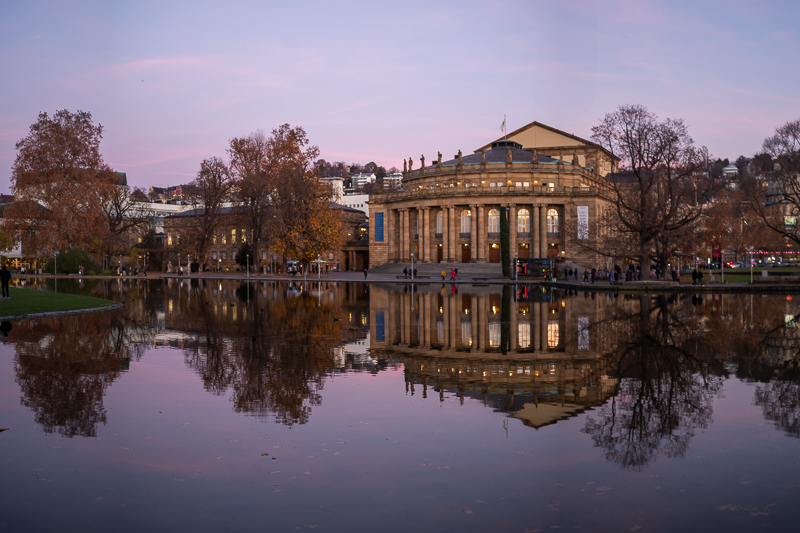
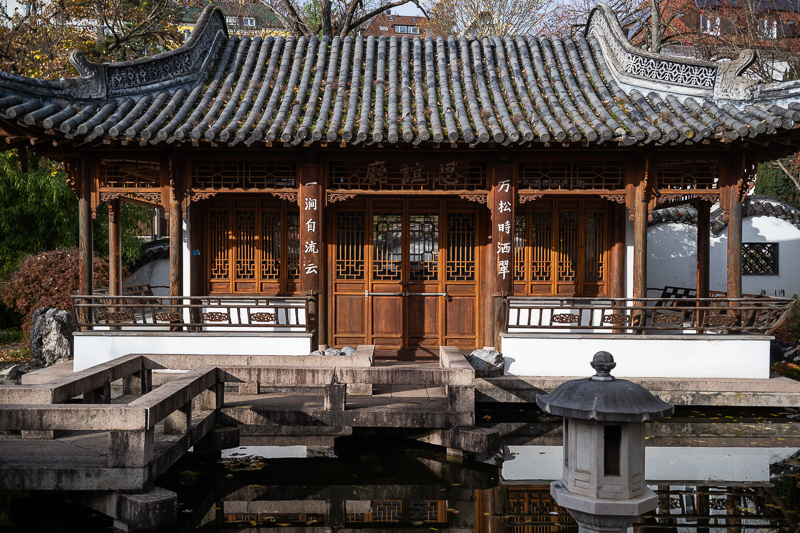
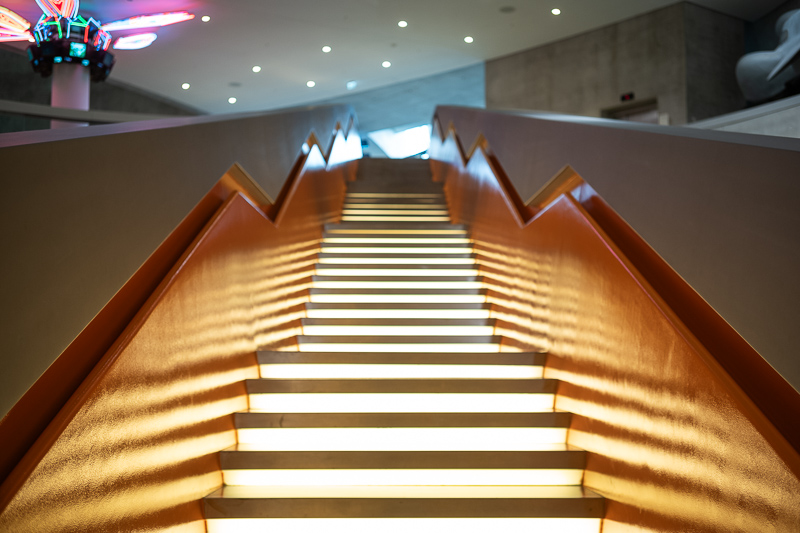
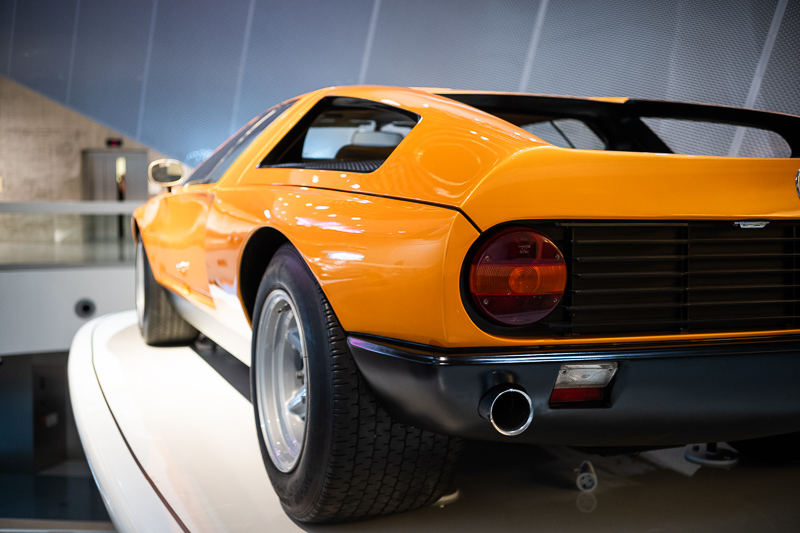

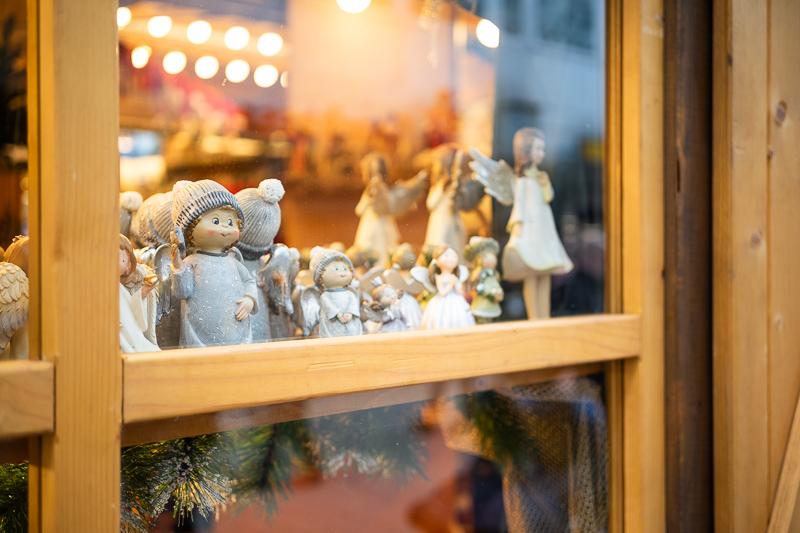
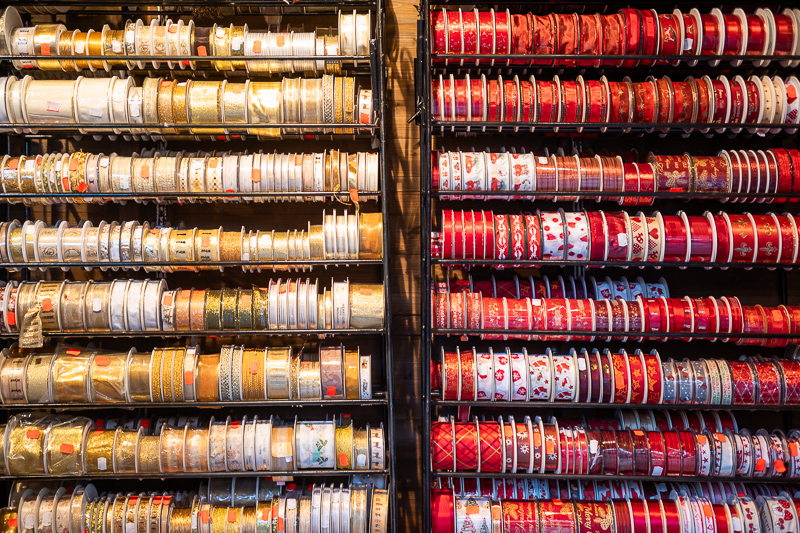
Most of the sample images in this review can be found in full resolution here.
Contents
Specifications/Version History
The Voigtländer VM 40mm 2.8 Heliar for M-mount comes in two colors, black and silver, and both are available as M-mount as well as LTM/M39 versions. There has also been a Sony version of this lens. It is retractable and also features an M-mount bayonet, but you need a Leica-M to Sony-E close focus adapter to actually be able to use it. It cannot be focused on an actual M-mount camera.
This is a review of a black M-mount version which has the following specifications:
-
- Diameter: 55 mm
- Field of view: 57° (diagonally)
- Length: 21 mm
- Weight: 129g (without hood [6g] and caps)
- Filter Diameter: 34 mm
- Number of Aperture Blades: 10 (straight)
- Elements/Groups: 5/3
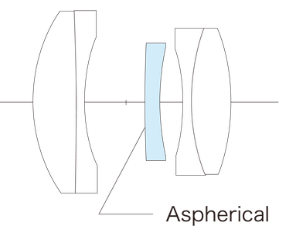
- Close Focusing Distance: 0.7 m
- Maximum Magnification: 1:15.3 (measured)
- Mount: Leica-M, M39/LTM
buy from amazon.com | ebay.com | ebay.de | B&H (affiliate links) for $449
Disclosure
This Voigtländer VM 40mm 2.8 Heliar was kindly provided by our reader Olaf Leismann for review purposes. Thanks a lot!
Handling / Build Quality
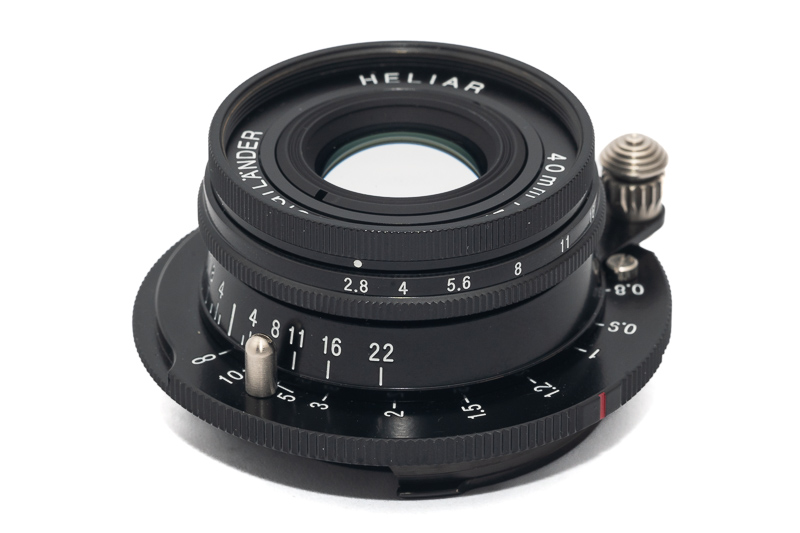
I said it several times before, Cosina doesn’t follow a clear line when it comes to the casing design of their M-mount lenses and this Voigtländer VM 40mm 2.8 Heliar is again like no other and there actually is a lot to talk about here.
First thing is, the whole front of the lens rotates including the aperture control and the filter thread (similar to many of the MS-Optics lenses). This means when changing the aperture setting you will also change the focus setting, so you should decide first what aperture you want to shoot at.
Because the whole barrel rotates 180° from the minimum focus distance of 0.7 m to infinity, the lens actually features two aperture scales, one on top and one at the bottom, so there is a higher chance you will be able to see one of them at a given distance setting. The aperture ring features equidistantly spaced half-stop click-stops.
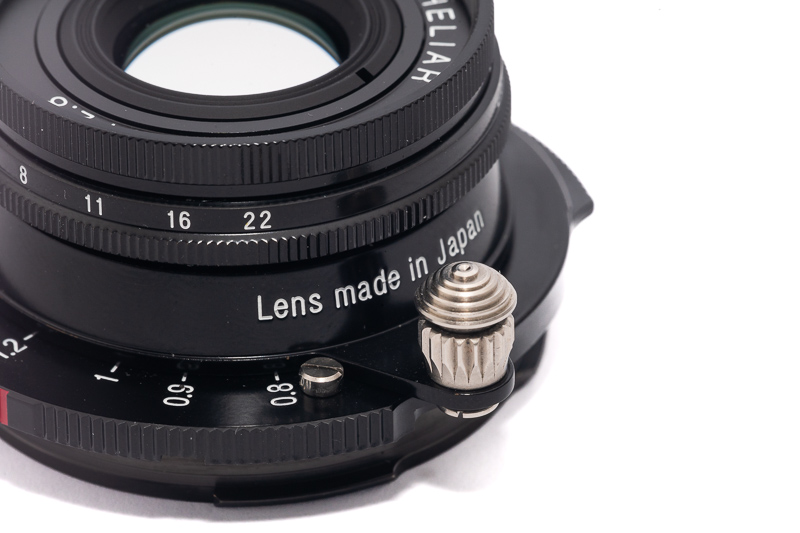
The focus ring also features an infinity lock, if the lens is set to infinity and you wish to focus at something closer you first have to pust it down. From there on that lock also functions as a focus tab of sorts.
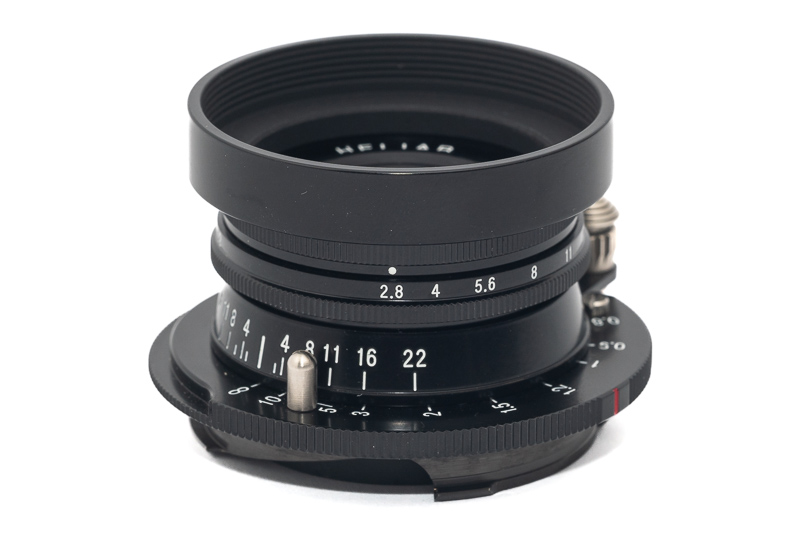
The hood situation is something that keeps puzzling me about these Voigtländer lenses. My VM 21mm 3.5 Color-Skopar did not ship with one and neither did my VM 35mm 1.2 III Nokton or VM 40mm 1.4 Nokton, yet the VM 21mm 1.4 Nokton and the VM 28mm 2.8 Color-Skopar came with one and also here a small hood is included.

The lens features a rangefinder coupling and the infinity lock doubles as focus tab. Out of the box the lens was well calibrated on my rangefinder cameras, but then a 40mm 2.8 is not that demanding to begin with. Because of its tiny size there is hardly any rangefinder blockage, whether you are using the hood or not.
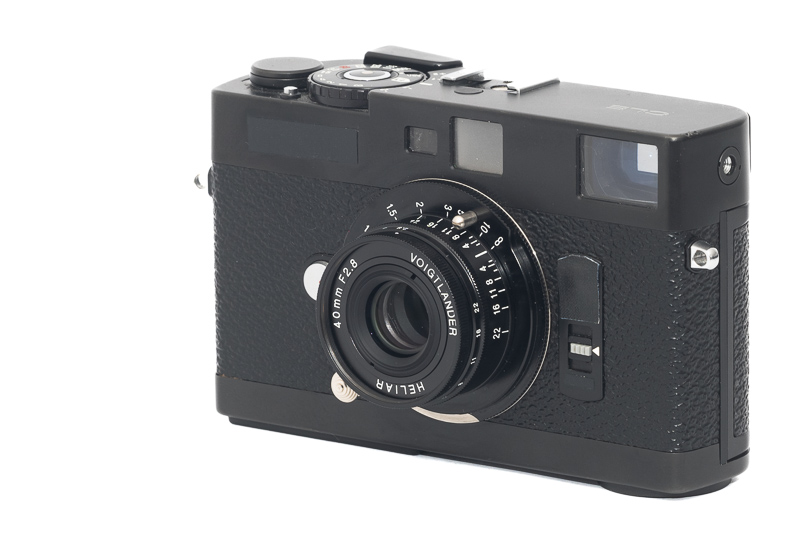
Because of the 40mm focal length and its tiny size this lens pairs well with the Leica/Minolta CL and the Minolta CLE.
Because of its infinity lock this lens can not be mounted to the Techart LM-EA9 AF adapter.
Vignetting
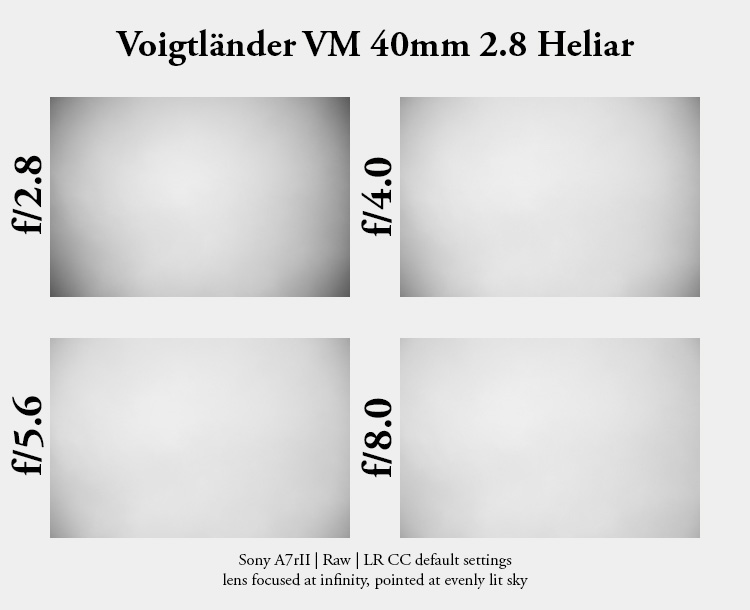
| f/2.8 | 2.9 EV |
| f/4.0 | 2.1 EV |
| f/5.6 | 1.7 EV |
| f/8.0 | 1.4 EV |
| f/11 | 1.2 EV |
Small lenses usually don’t do well when it comes to vignetting and this holds also true for this Voigtländer VM 40mm 2.8. Almost 3 EV at the maximum aperture and still around 1 EV stopped down.
The comparison to the Voigtländer VM 40mm 1.4 Nokton is an interesting one: at f/1.4 we see even stronger vignetting of 3.6 EV, but stopped down to f/2.8 this improves to 1.7 EV, noticeably less than the f/2.8 lens. Stopped down further they show comparable vignetting figures.
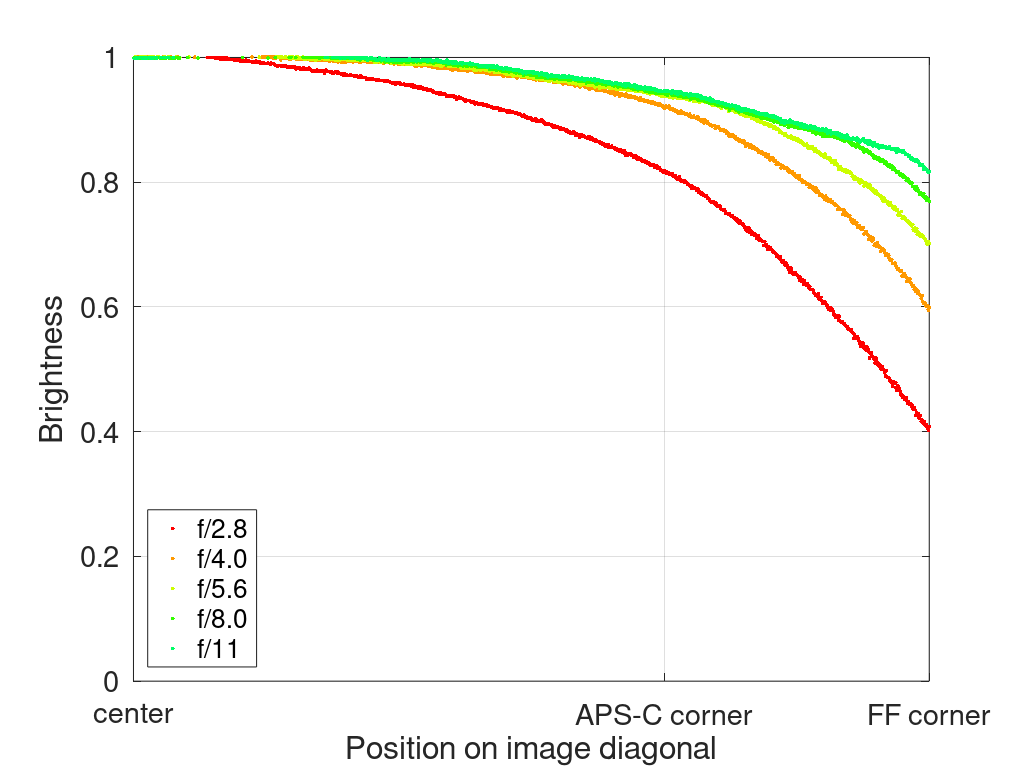
It is recommended to have a look at this article first to get an idea how this brightness graph works.
Sharpness
Focus shift
50% crops, A7rII
It certainly looks to me like the depth of field only extends to the back on stopping down to f/4.0, but thanks to the moderate specifications I don’t think this will be an actual issue in the field.
infinity (42mp Sony A7rII/24mp Leica M10)
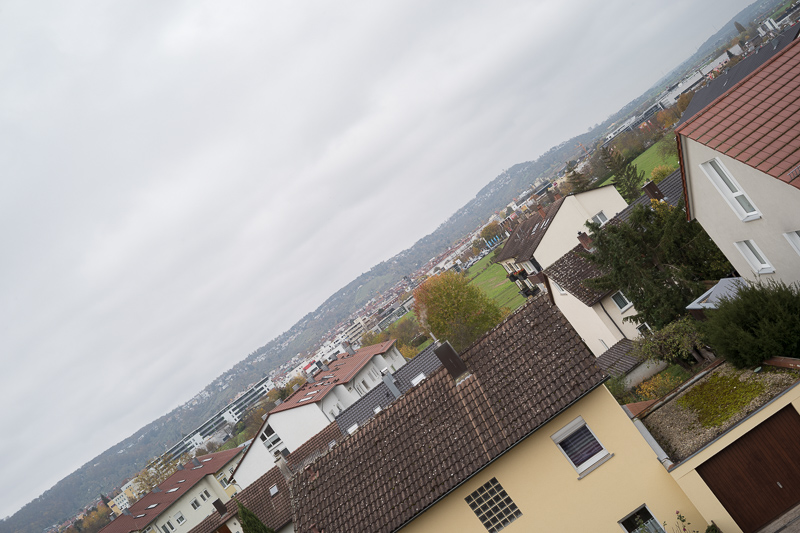
Generally this lens seems to perform similar on the Leica M10 and the Sony A7rII. At f/2.8 it is a bit soft everywhere and stopping down to f/4.0 increases the overall contrast significantly. There is a significant midzone dip that only goes away on stopping down to f/8.0 or better f/11 and the corners never actually look great.
Looking at the Voigtländer VM 40mm 1.4 Nokton, the faster lens actually performs better at shared apertures – especially on a camera with a thin filter stack – because the midframe already looks decent at f/4.0 and the corners look way better at f/11.
The old Leica/Minolta 40mm 2.0 does not have a pronounced midzone dip and also looks better across frame at f/11. It is not as contrasty as the Voigtländer VM 40mm 1.4 Nokton though.
close 0.70 m (42mp A7rII)
100% crops from center, A7rII
Just like the VM 40mm 1.4 Nokton, also this 40mm 2.8 features a minimum focus distance of 0.7 m – not particularly great, but typical for M-mount lenses. Also here it is a bit softer at f/2.8. In a direct comparison it might look a bit better at f/2.8 than the VM 40mm 1.4 Nokton stopped down to f/2.8, but from f/4.0 the differences are hardly noteworthy anymore.
Flare resistance
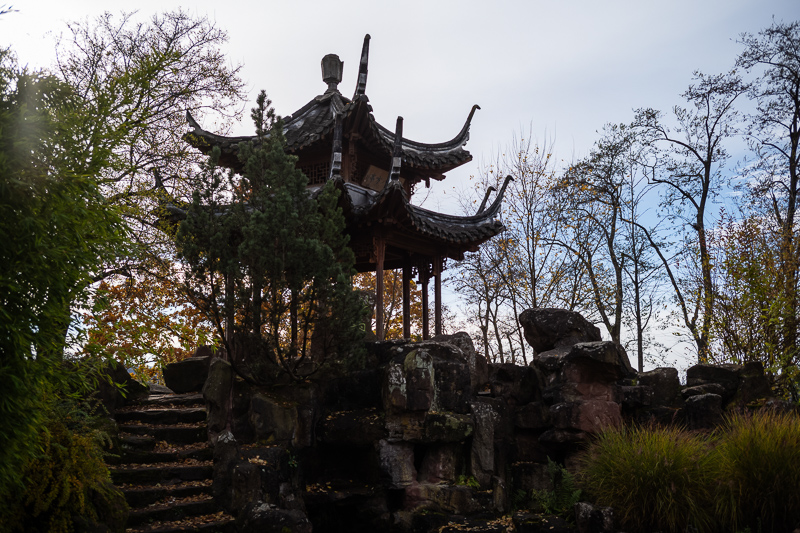
The modern Voigtländer lenses usually perform well in this category, will that also be the case here? Let’s see.
At f/2.8 the performance is very typical for the recent Voigtländer lenses: it is very hard to create any unwanted artefacts.
Stopped down to f/11 ghosting still isn’t an issue, but the sunstars do look a bit weird to me, as the rays are too long and strangely frayed. This might have to do with the short length of the lens, as I encountered similar artefacts with other pancake lenses.
In the beginning of the chapeter you can also see some veiling flare in the upper left corner, which is rather unusual for these Voigtländer lenses.
Also here the VM 40mm 1.4 Nokton looks better to me. The Minolta/Leica 40mm 2.0 with its outdated coatings is not worth talking about, as it creates huge artefacts in backlit scenes.
Coma
At f/2.8 the size of the Coma artefacts is similar to what I have seen from the Voigtländer VM 40mm 1.4 Nokton and the Leica/Minolta 40mm 2.8 when set to f/2.8.
As we have already seen in the sharpness section, the extreme corners need at least f/8.0 to look okay.
Distortion
The Voigtländer VM 40mm 2.8 Heliar shows only a low amount of distortion. Lightroom/Photoshop feature a profile for correcting this.
All the 40mm M-mount lenses I tried show a similarly low amount of distortion.
Bokeh
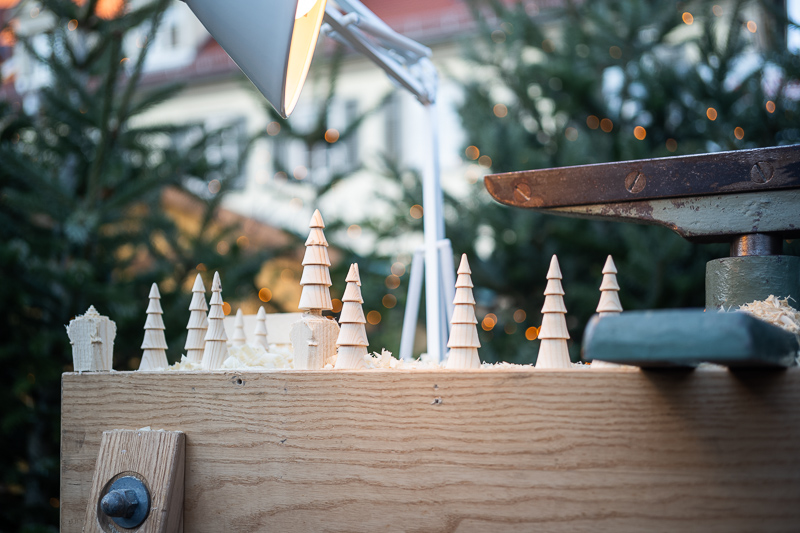
A minimum focus distance of 70 cm coupled with a 40mm focal length and a maximum aperture of f/2.8 – not great news if you are into shallow depth of field photography.
So on a Leica camera, even when the lens is set to its minimum focus distance and to f/2.8, the backgrounds are simply not blurred that much, as you can see from the pictures in this section.
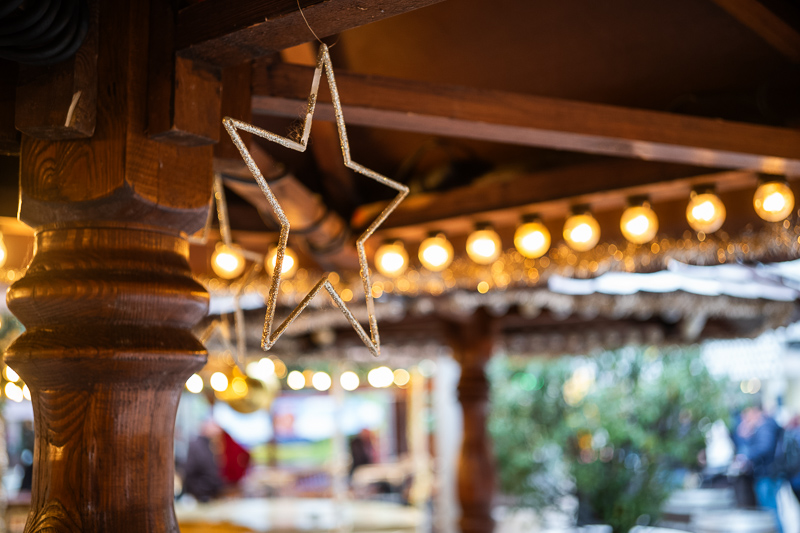
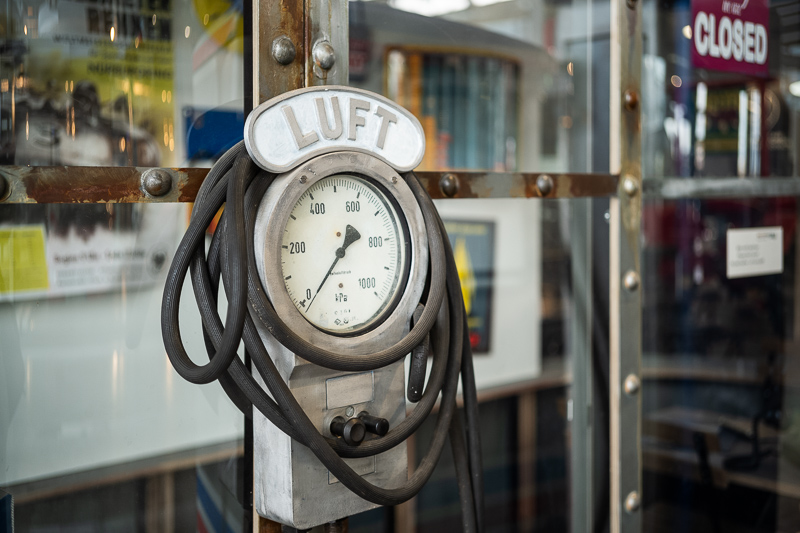
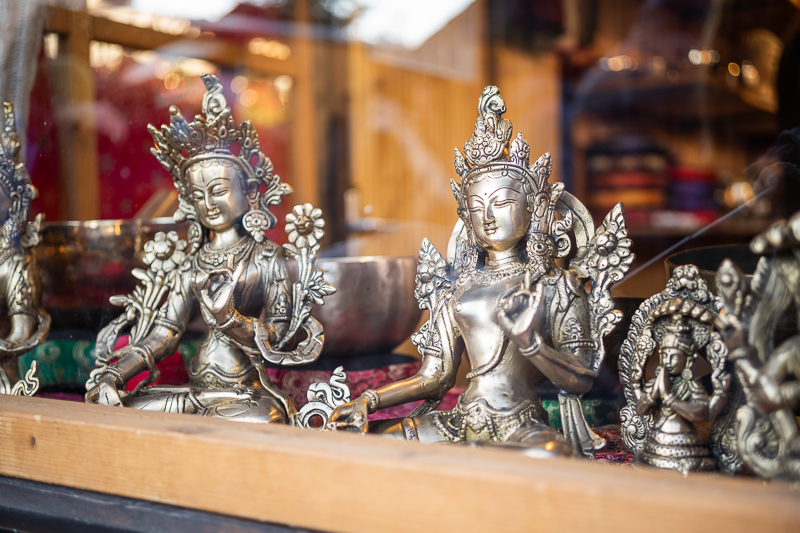
Looking at some of the pictures I took with this lens, I also cannot say the bokeh quality is particularly great. Complex backgrounds lead to a lot of double edged structures.
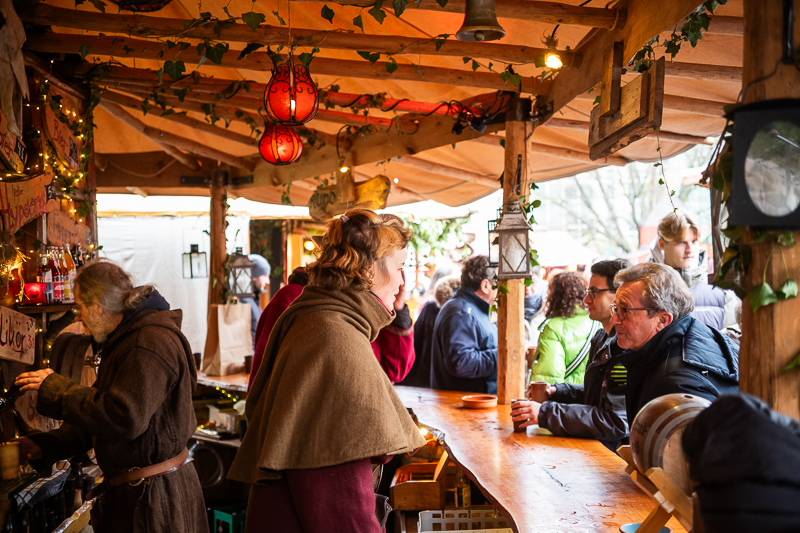
When using the lens on one of the modern mirrorless cameras (e.g. Sony E or Nikon Z) with a close focus adapter you can focus much closer, giving you some more possibilities in close range scenarios.
Sunstars
We get to see the 10-stroke sunstars here we are used to from Voigtländer lenses. They start to become visible by f/4.0 and look nice at all aperture settings down to f/16. At f/22 the sunstars look a little less nice and we actually see some artefacts around them.
If you want to know more about sunstar rendering of different lenses have a look at this article.
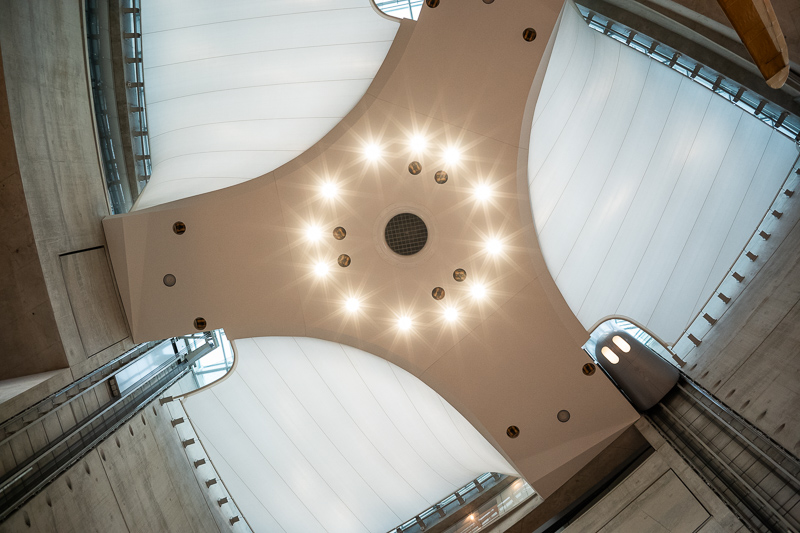
Chromatic aberration
lateral
The Voigtländer VM 40mm 2.8 Heliar only shows a very low amount of lateral CA. Nothing to worry about.
longitudinal
Sony A7rII | Voigtlander VM 40mm 2.8 Heliar | 100% crops
Despite its moderate specifications we see rather strong bokeh fringing at f/2.8. I didn’t test the faster Voigtländer VM 40mm 1.4 Nokton specifically for its performance at f/2.8 in this category, but it probably looks better.
Leica M10 | Voigtlander VM 40mm 2.8 Heliar | 100% crops
Purple fringing hardly is an issue though.
Conclusion
good
|
average
|
not good
|
From the table above we can see that this Voigtländer VM 40mm 2.8 Heliar is not exactly a bad lens, it is also not an easy one to recommend though and the reason for that also comes from Cosina, the Voigtländer VM 40mm 1.4 Nokton.
While this f/2.8 lens is a bit smaller, it is only 65g lighter than the f/1.4 lens. Personally, I rather carry 65g more if that gets me an extra two stops of light. The situation would be different if this f/2.8 lens was a better performer at f/2.8 than the f/1.4 lens stopped down to f/2.8, but this is not the case at all. For stopped down landscape or architecture shooting I would also rather use the f/1.4 lens thanks to its better corner performance. And at f/2.8 it has better contrast and way less vignetting. On top of that, it features way more enjoyable ergonomics. And if that still isn’t enough: the f/1.4 lens can usually be found for less money.
So who is this 40mm 2.8 for you may ask. I see two potential types of buyers: those that greatly enjoy its quirky vintage-style handling and those that are using a camera for LTM/M39 lenses that cannot make use of the M-mount alternatives.
As an owner of the 40mm 1.4, I don’t find this 40mm 2.8 particularly appealing.
buy from amazon.com | ebay.com | ebay.de | B&H (affiliate links) for $449
Alternatives
Voigtländer VM 40mm 1.4 Nokton:
I already talked about how these two lenses compare it pretty much every section above. For pretty much everyone I think the 40mm 1.4 is the better choice.
buy from amazon.com | ebay.com | ebay.de | B&H (affiliate links) starting at $300
Voigtländer VM 40mm 1.2 Nokton:
Compared to the aforementioned 40mm 1.4 it is faster, focuses closer (0.5 instead of 0.7 m) and features a modern design with aspherical elements leading to generally more impressive performance at wider apertures and also smoother bokeh rendering. But it is also much bigger, 50% heavier and more expensive.
If you are an M-mount user deciding between the newer f/1.2 and the older f/1.4 classic the decision is really simple: get the f/1.4 if you care about having a smaller lens, you really like that vintage rendering or you cannot afford the f/1.2 version. If none of this is the case get the f/1.2.
If you are using an E-mount or Z-mount camera the native versions are a much better choice, as they are optimized for those camera’s thicker filter stacks.
buy from ebay.com | ebay.de | B&H (affiliate links) for $799
Leica Summicron-C 40mm 2.0/Minolta M-Rokkor 40mm 2.0:
These are the lenses that originally shipped with the Leica/Minolta CL and the Minolta CLE. I also find them hard to recommend these days thanks to the Voigtländer VM 40mm 1.4 Nokton.
buy from ebay.com | ebay.de (affiliate links) starting at $600
Sample Images
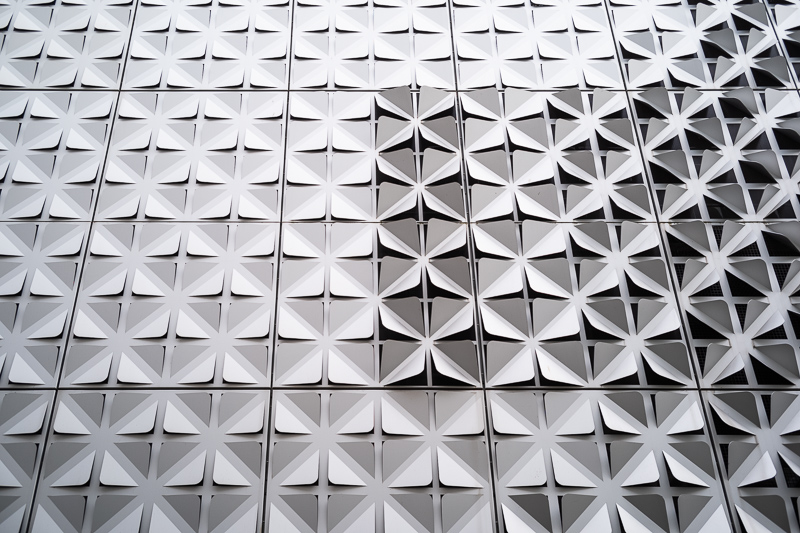
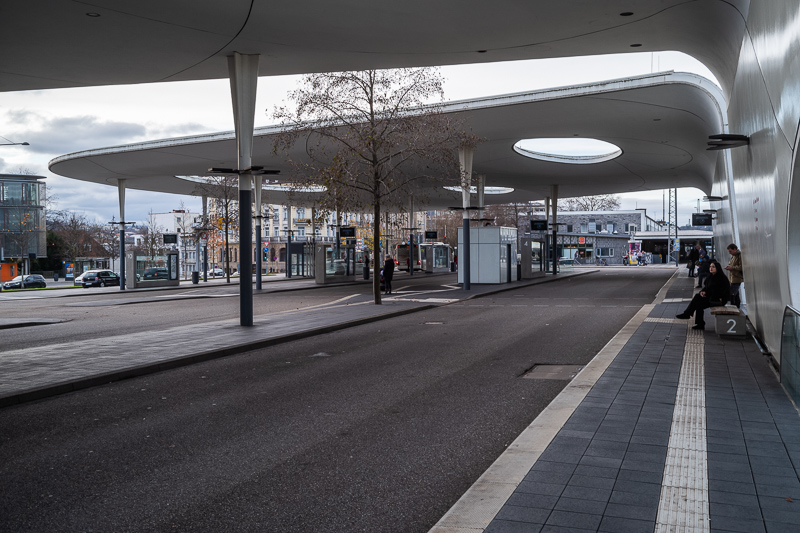
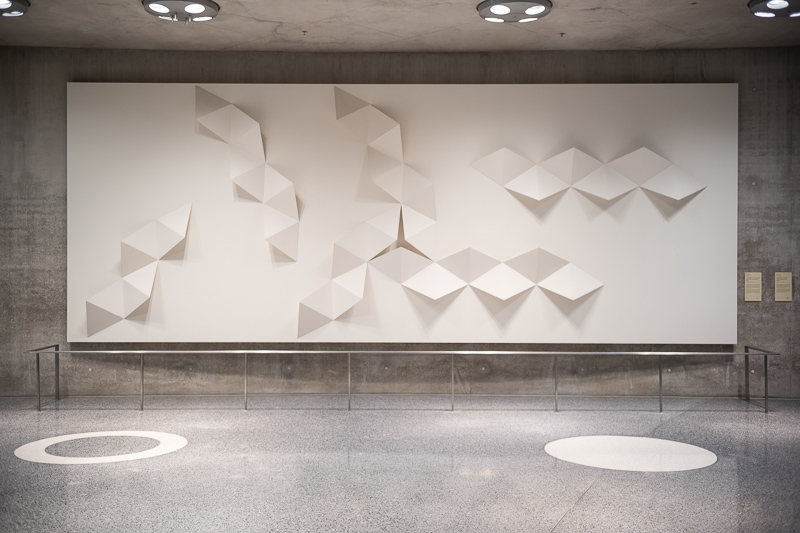
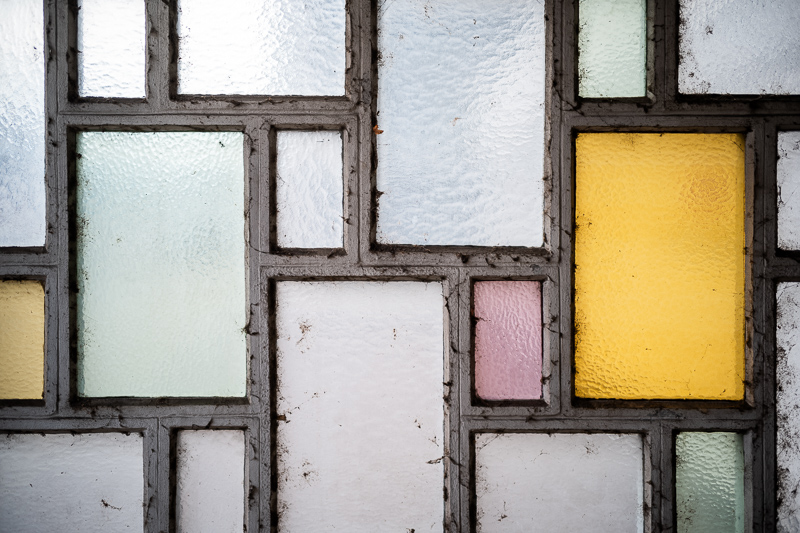
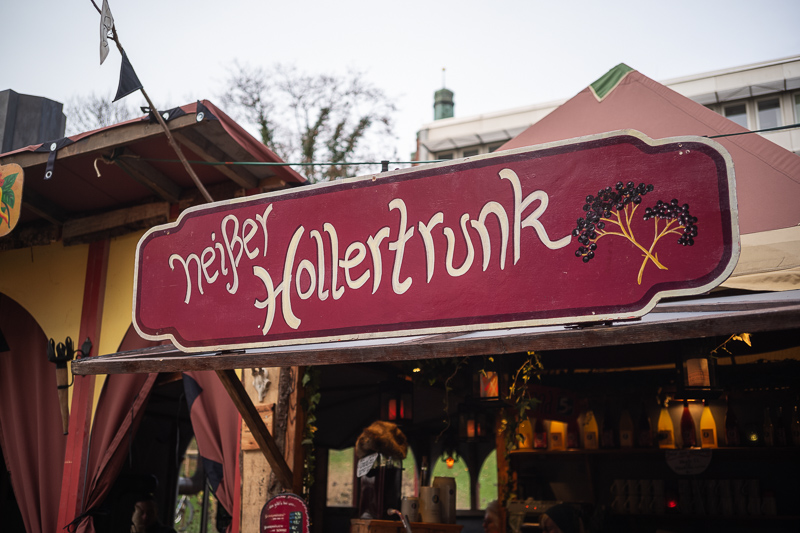
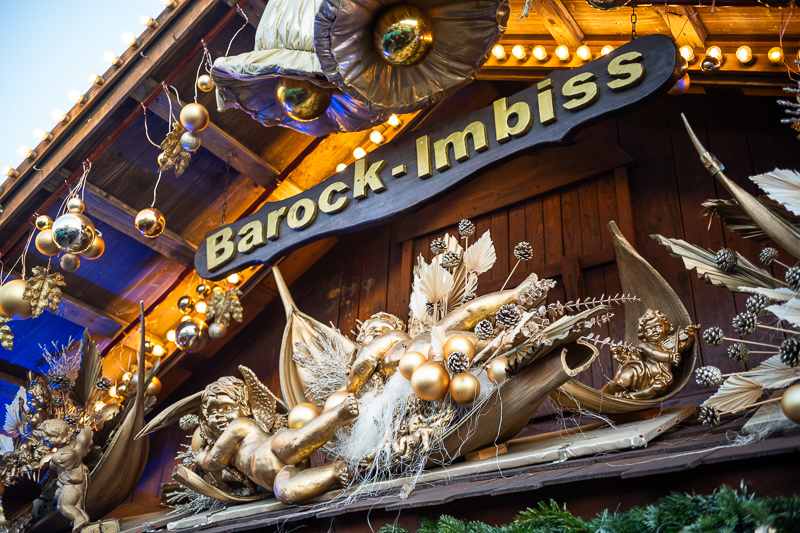
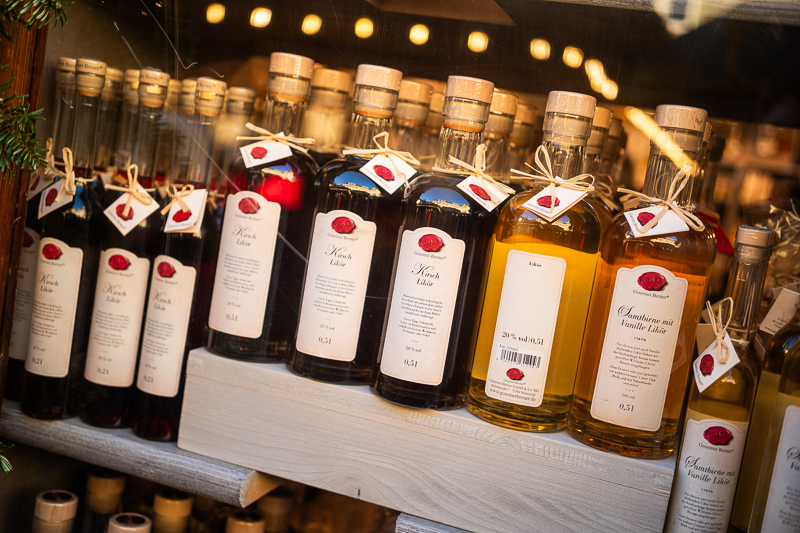
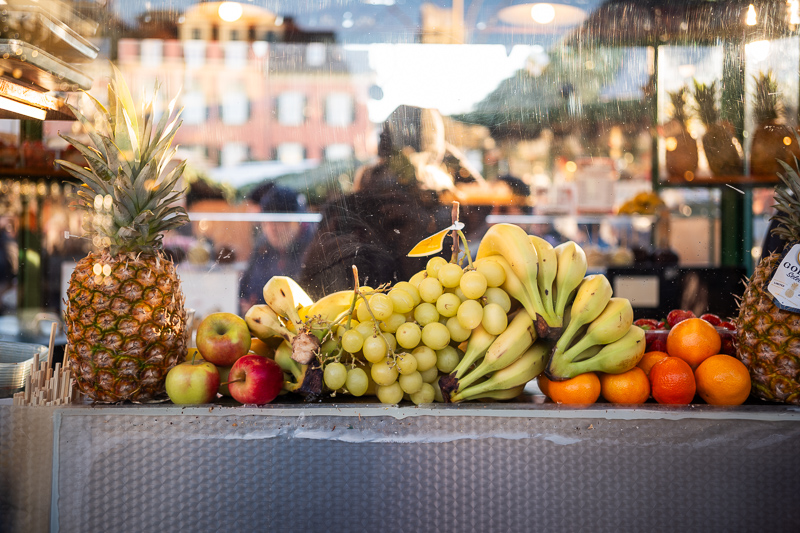
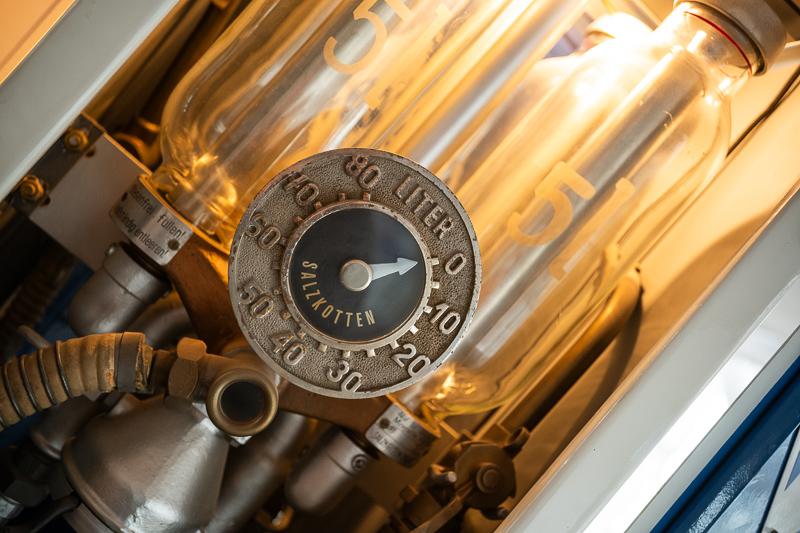
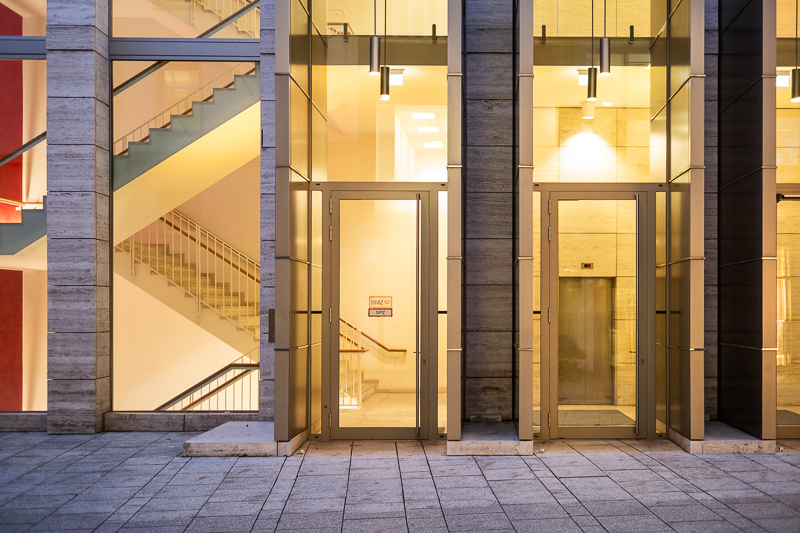
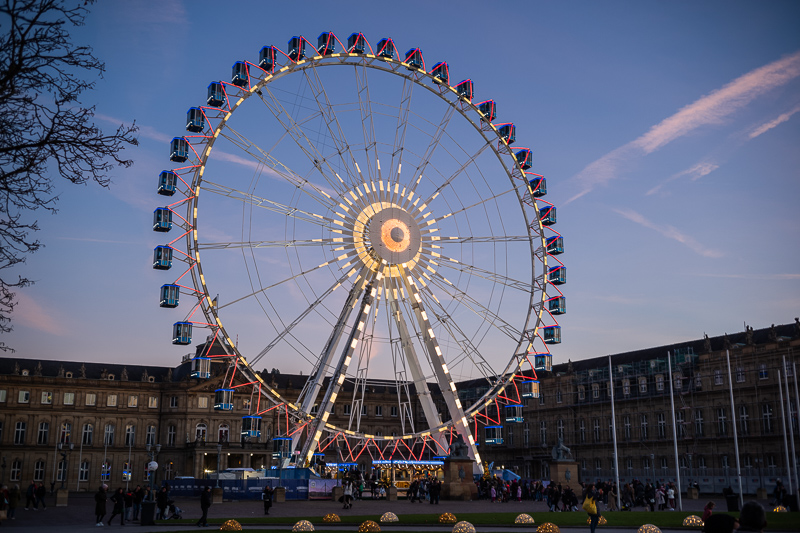
Most of the sample images in this review can be found in full resolution here.
Further Reading
Support Us
Did you find this article useful or just liked reading it? Treat us to a coffee!
![]()
![]()
![]() via Paypal
via Paypal
This site contains affiliate links. If you make a purchase using any of the links marked as affiliate links, I may receive a small commission at no additional cost to you. This helps support the creation of future content.
Latest posts by BastianK (see all)
- Review: Omnar 50mm 2.0 Bertele FLB - January 27, 2026
- Review: DJ-Optical 50mm 1.0 M - January 24, 2026
- Analogue Adventures – Part 48: Hexar RF - January 21, 2026
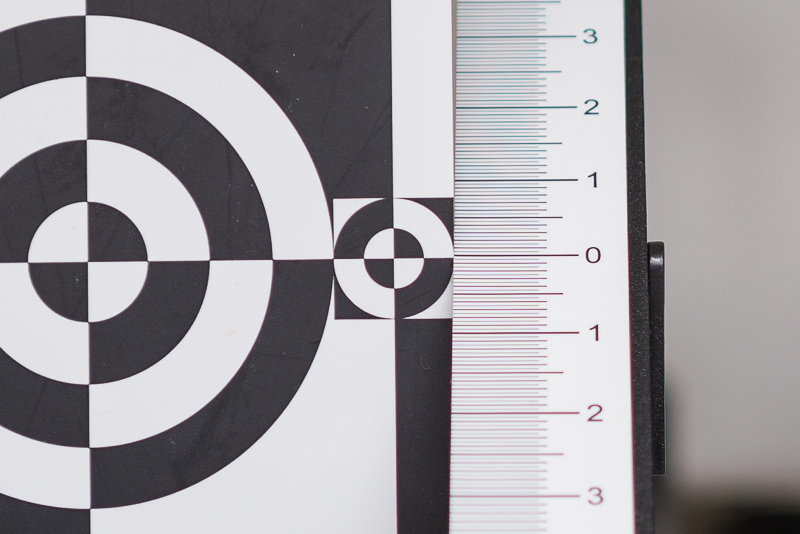
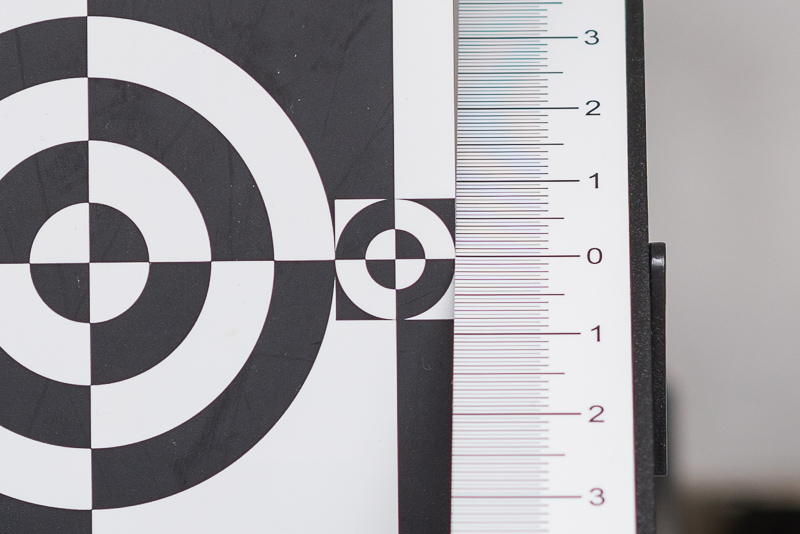
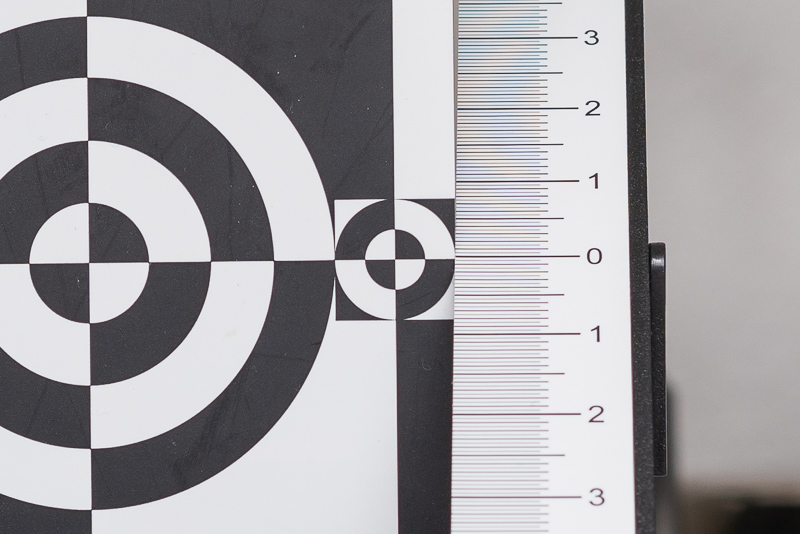
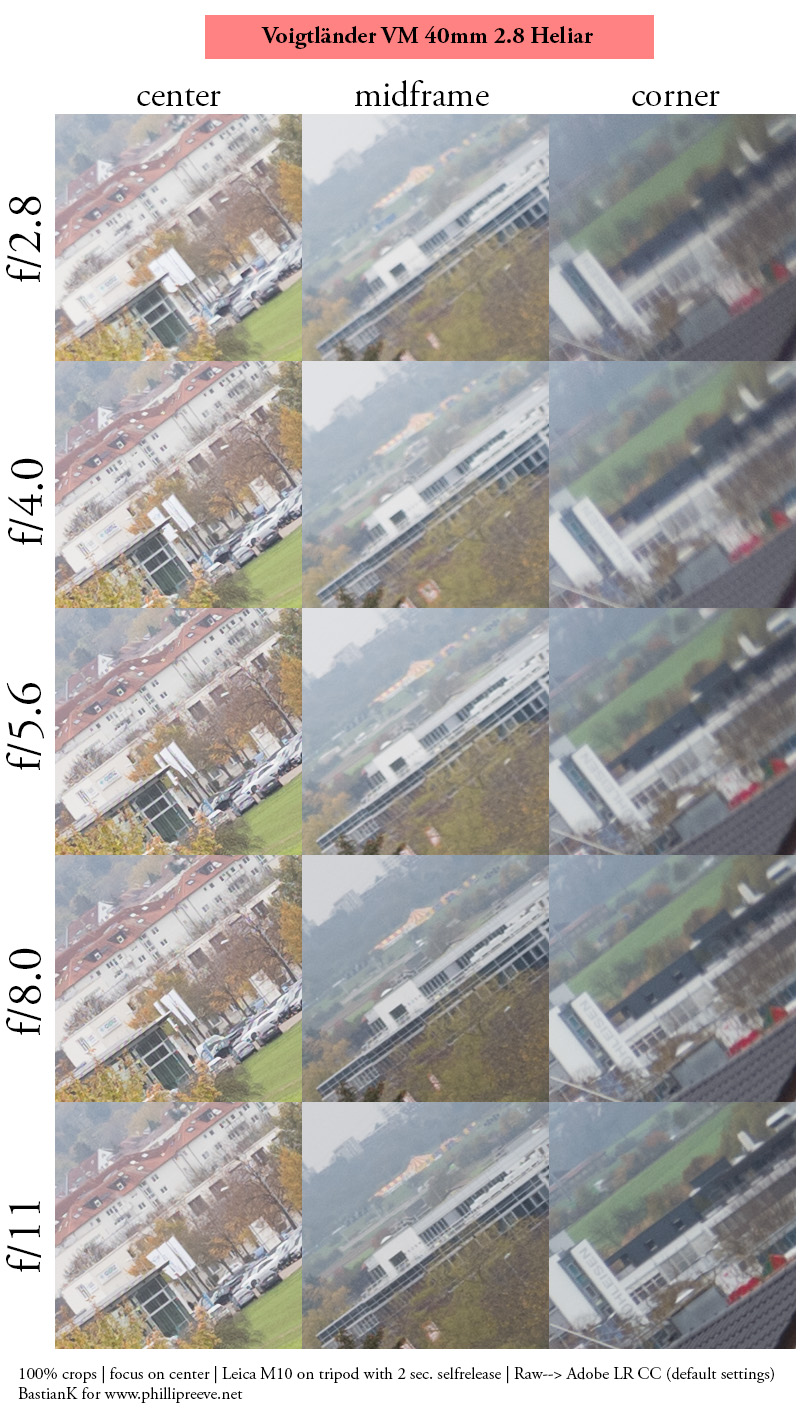
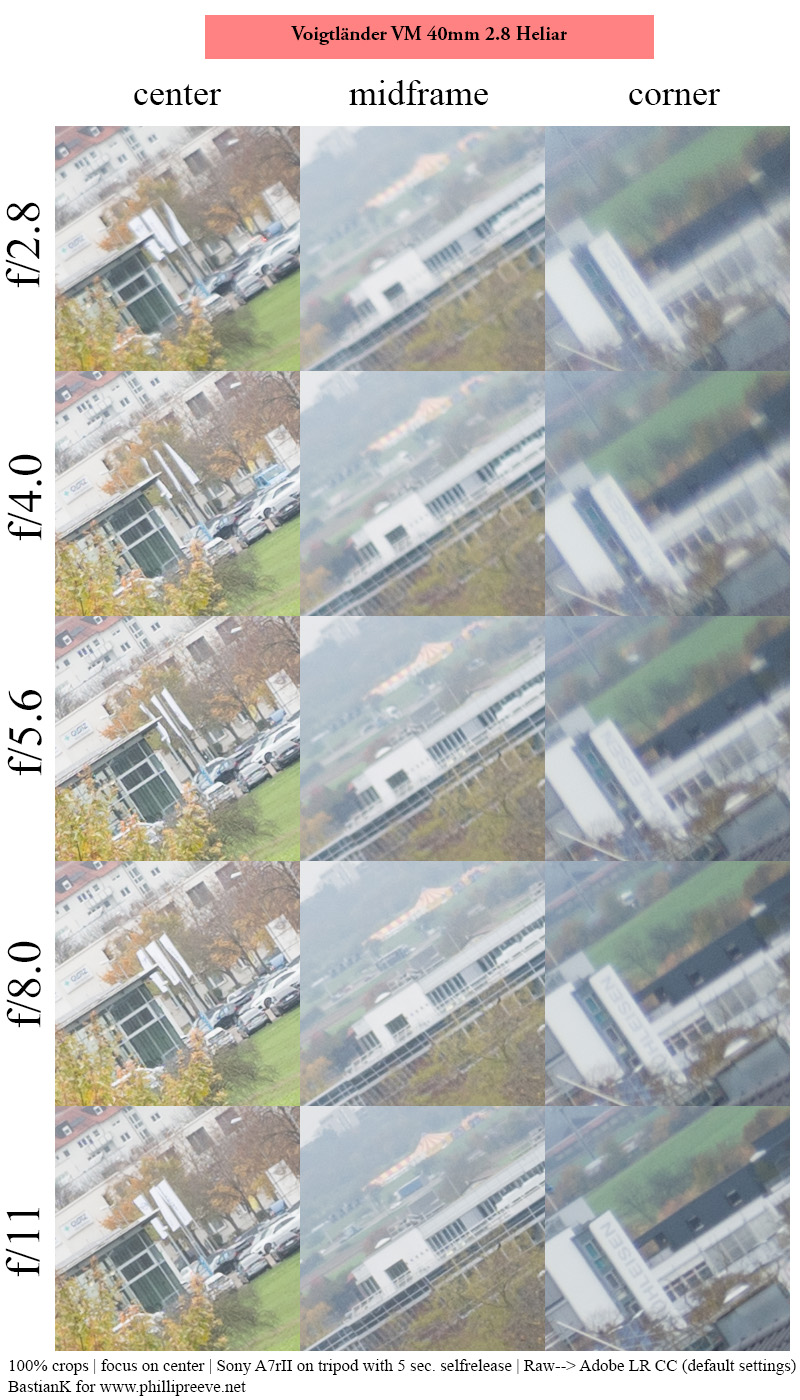
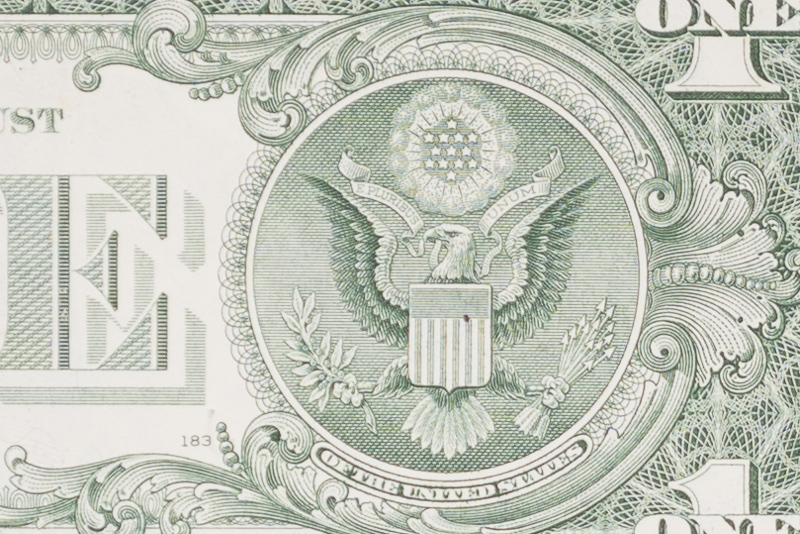
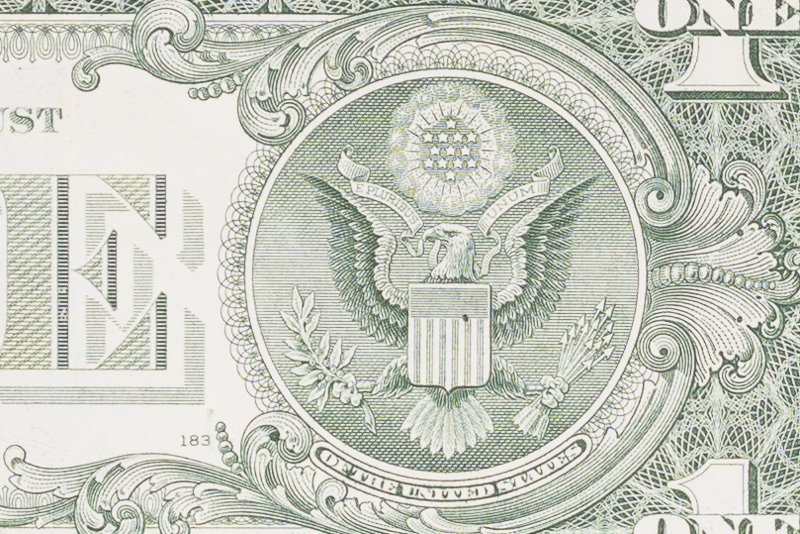
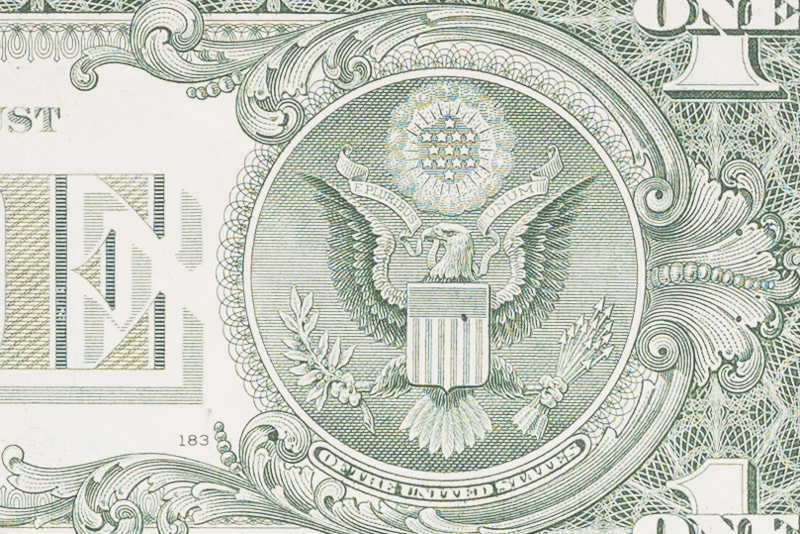
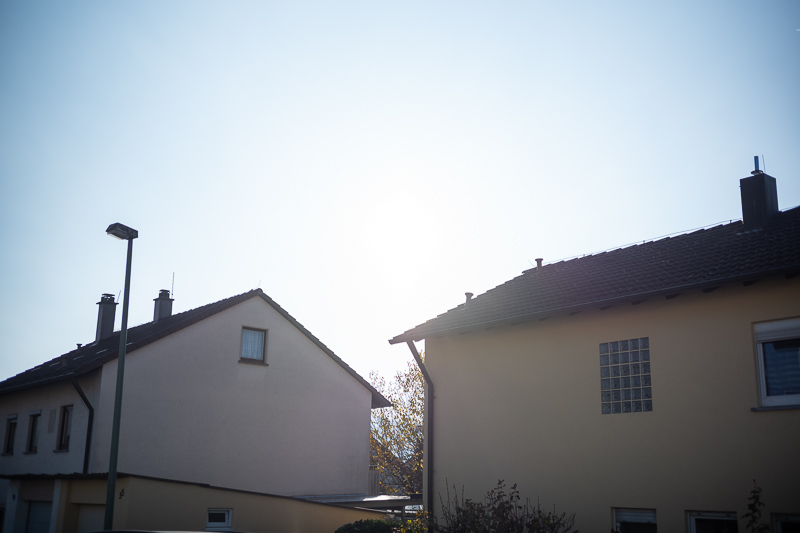
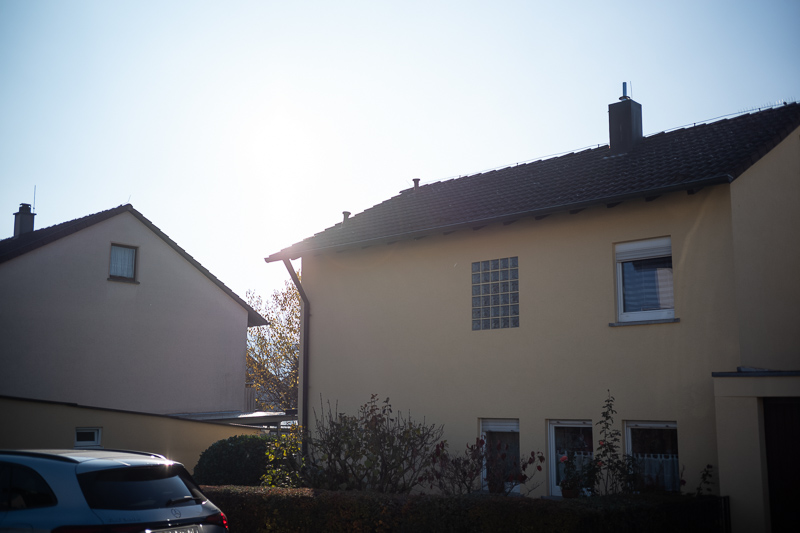
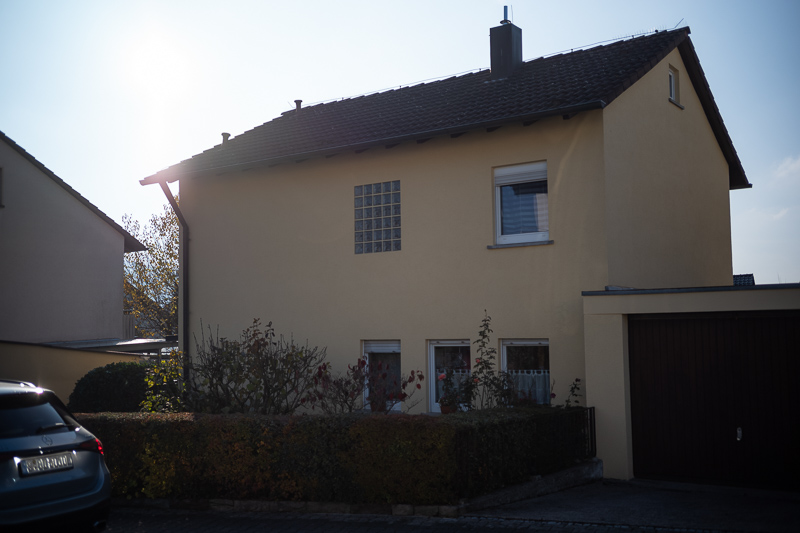
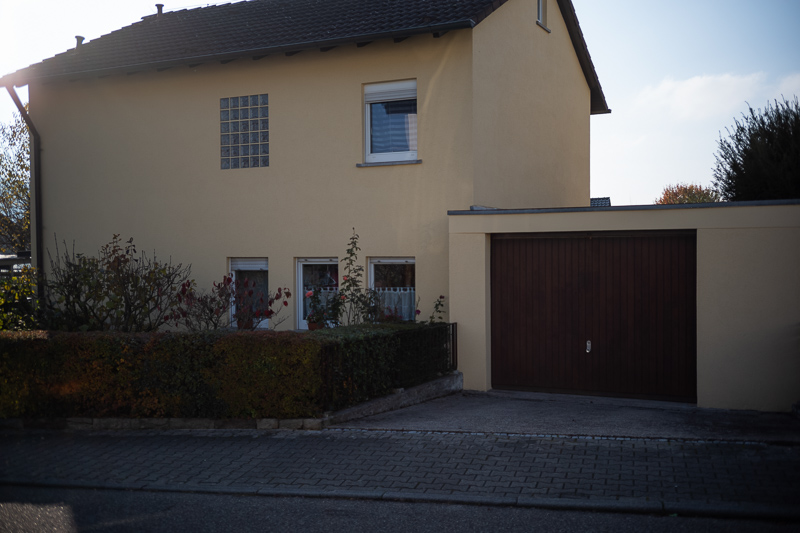
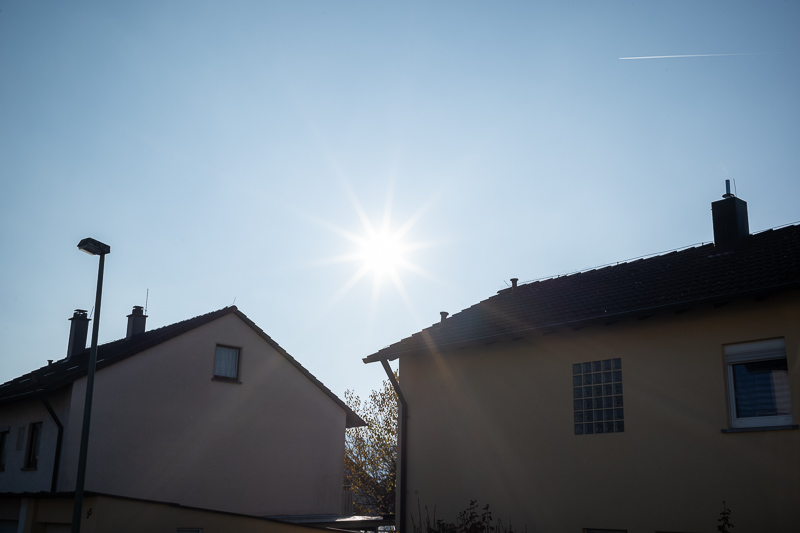
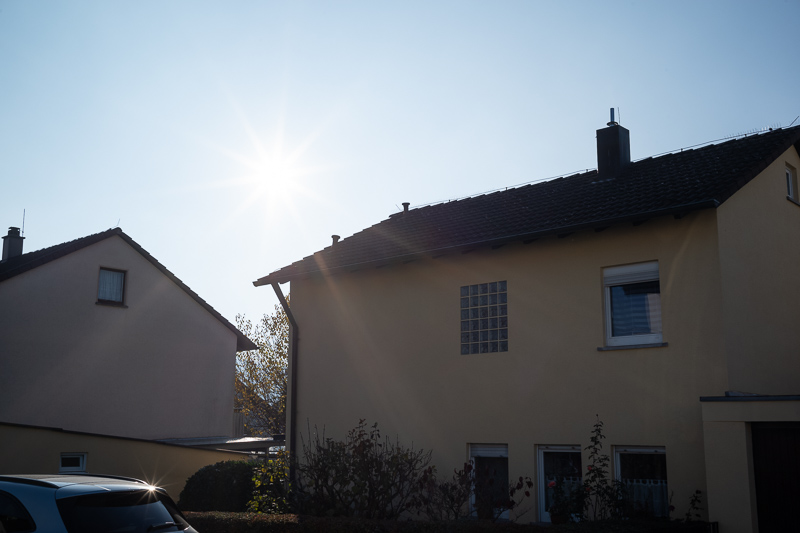
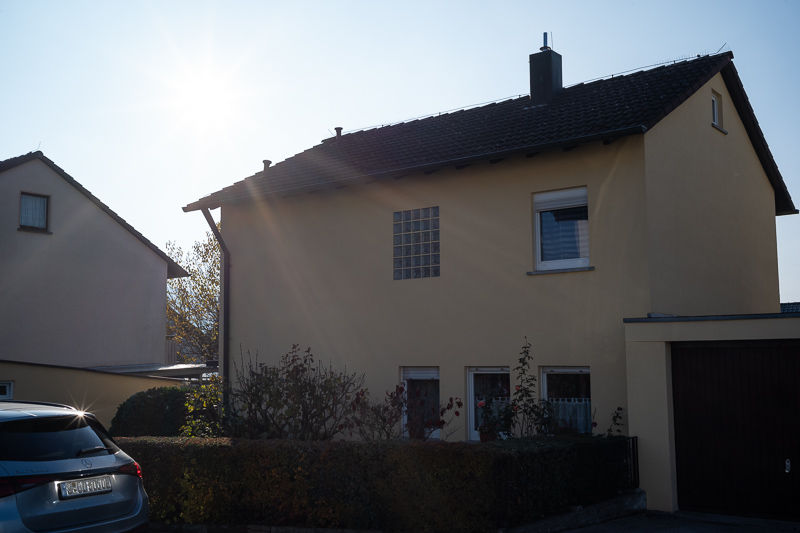
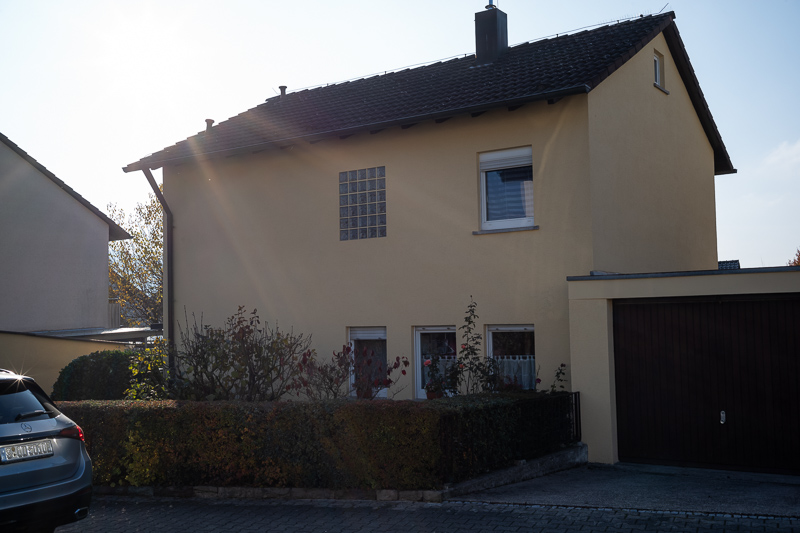
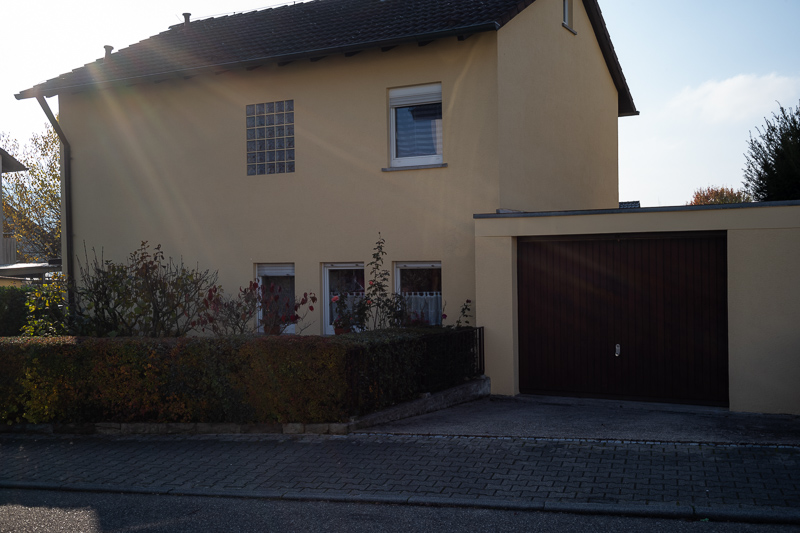
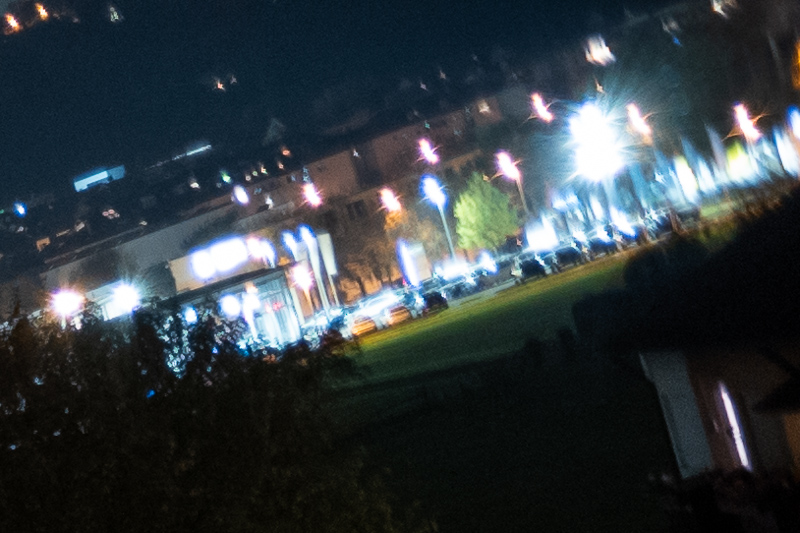
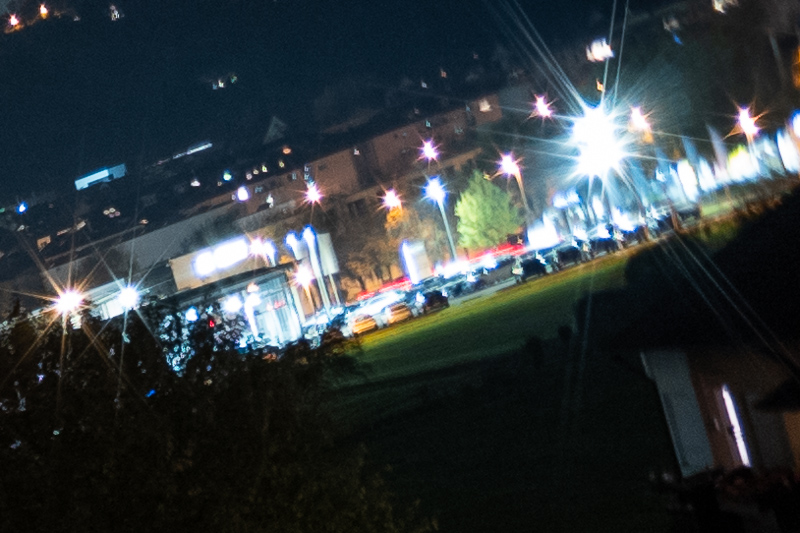
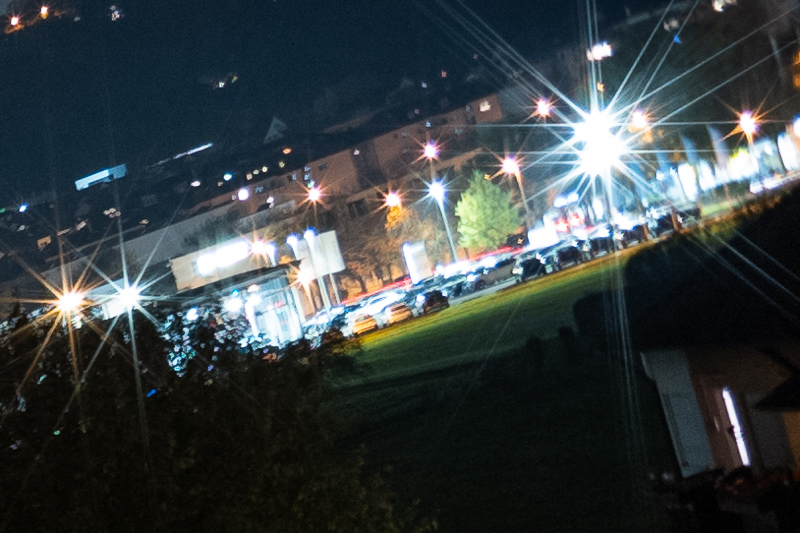
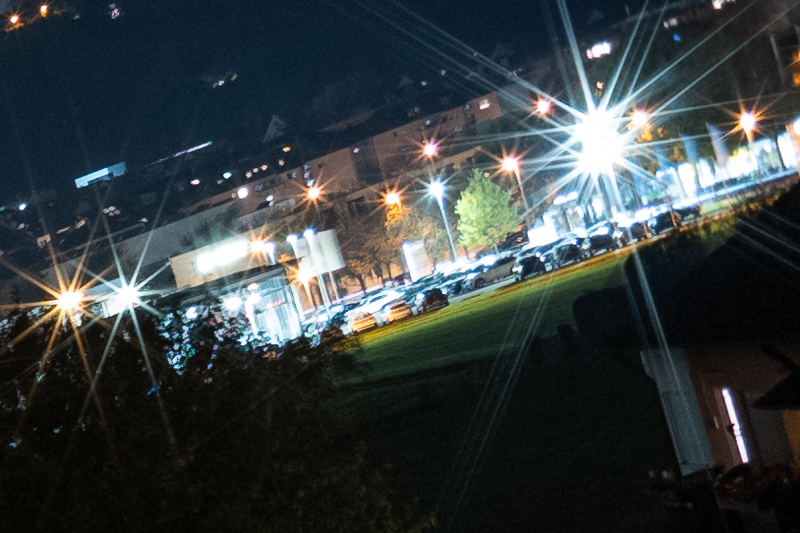
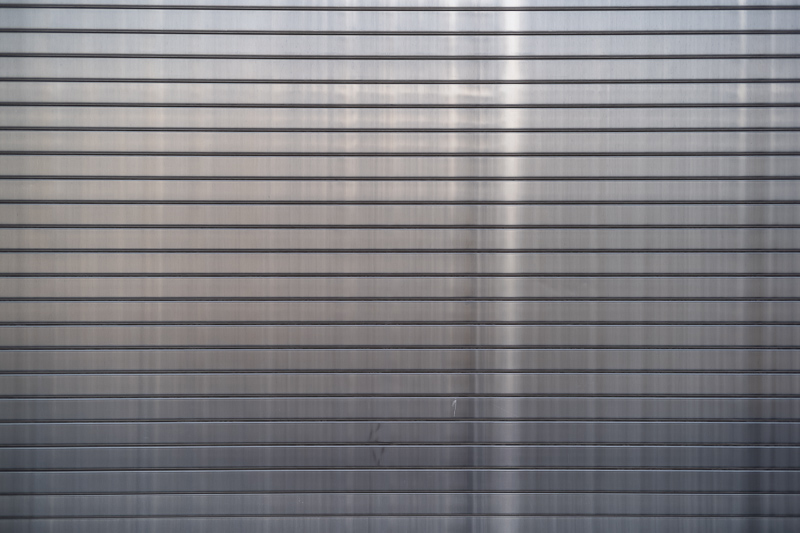
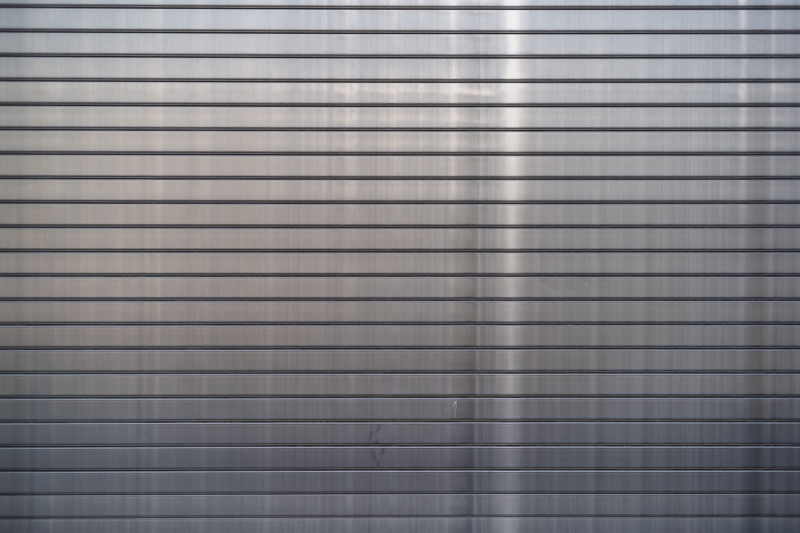

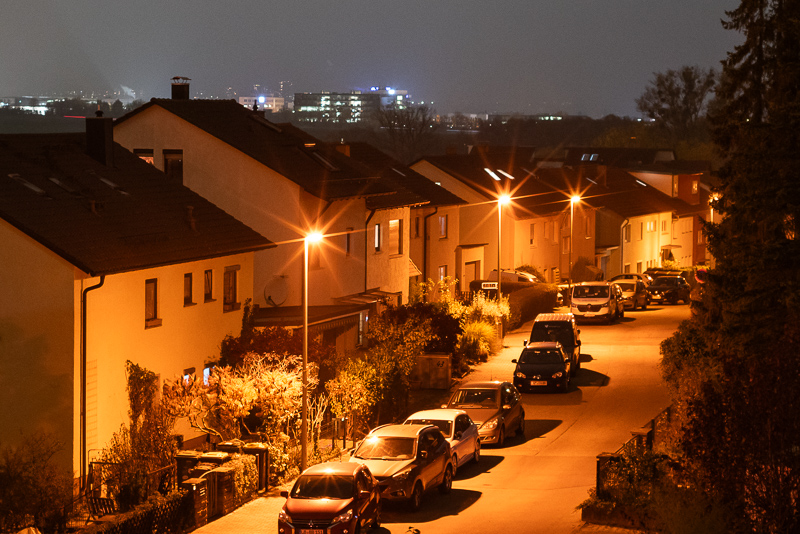
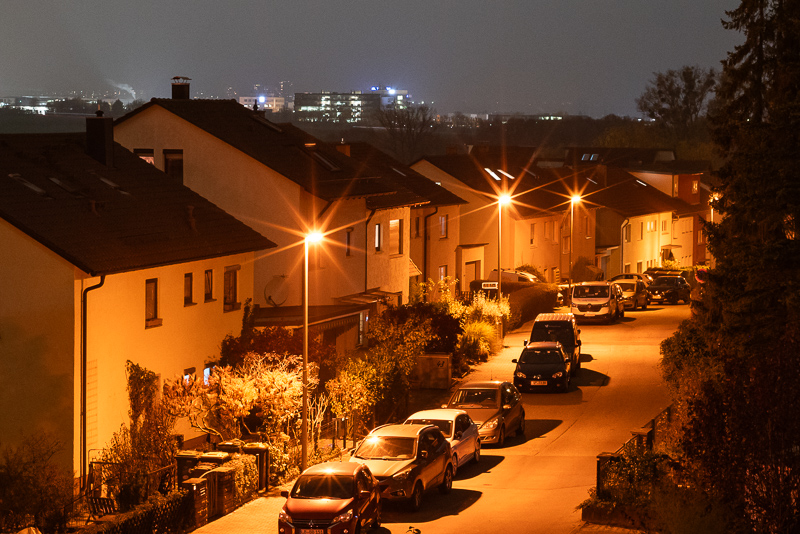
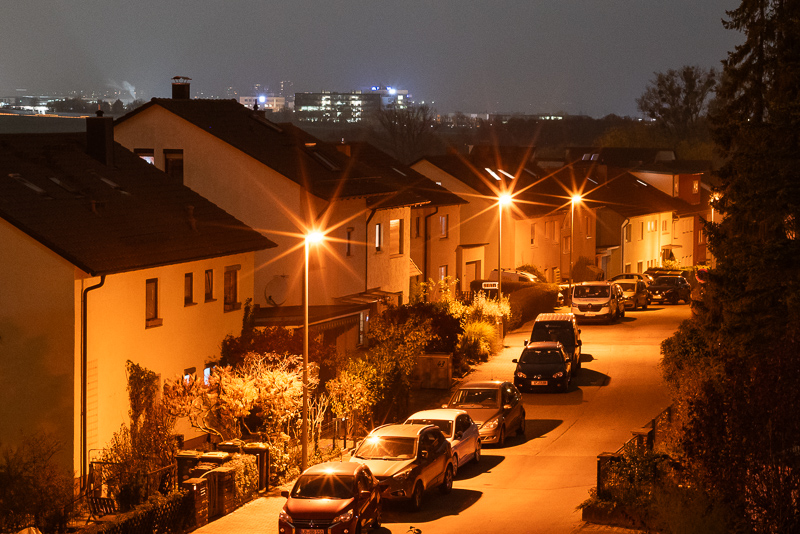
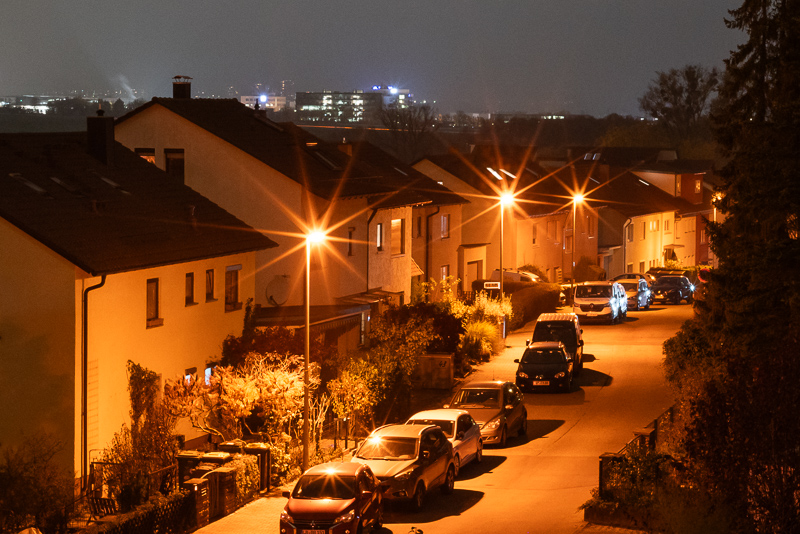
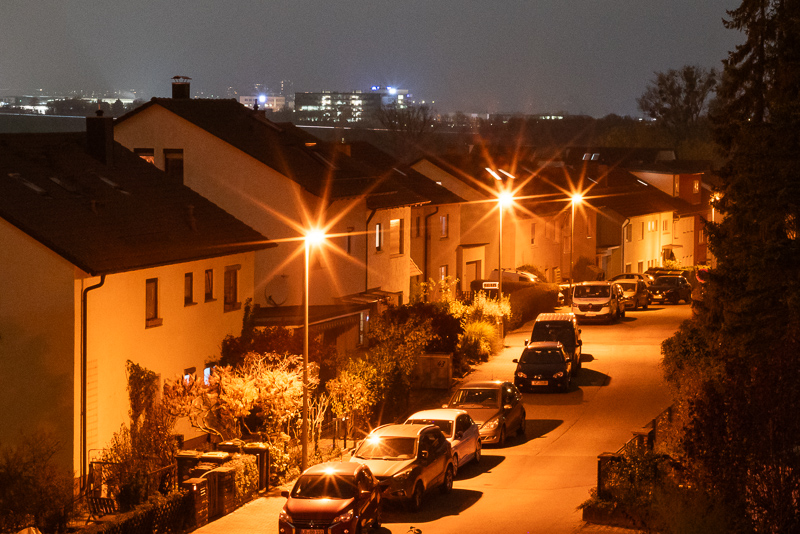
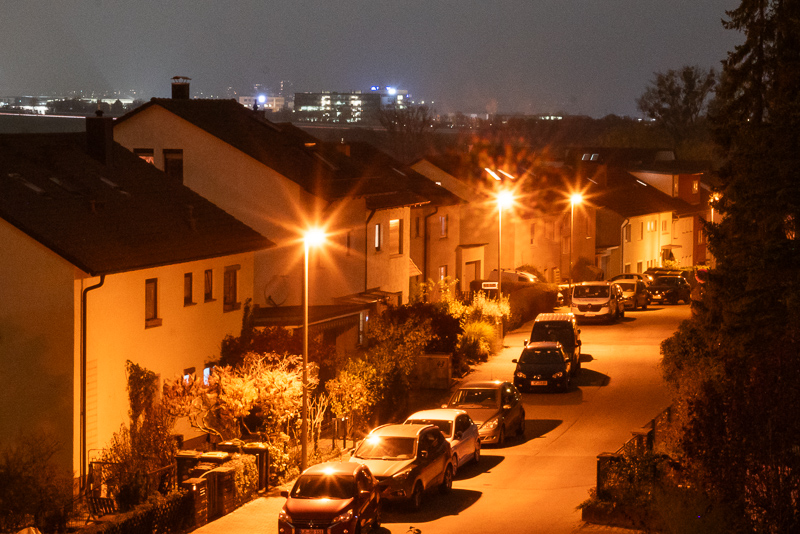
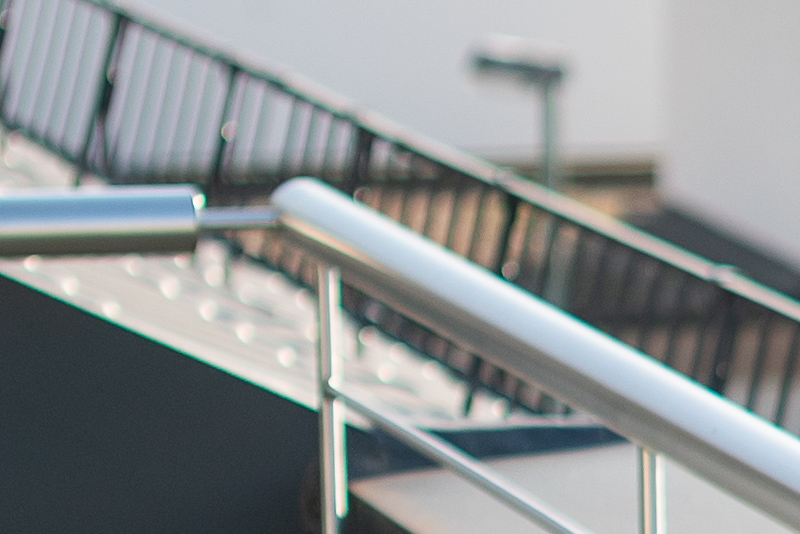
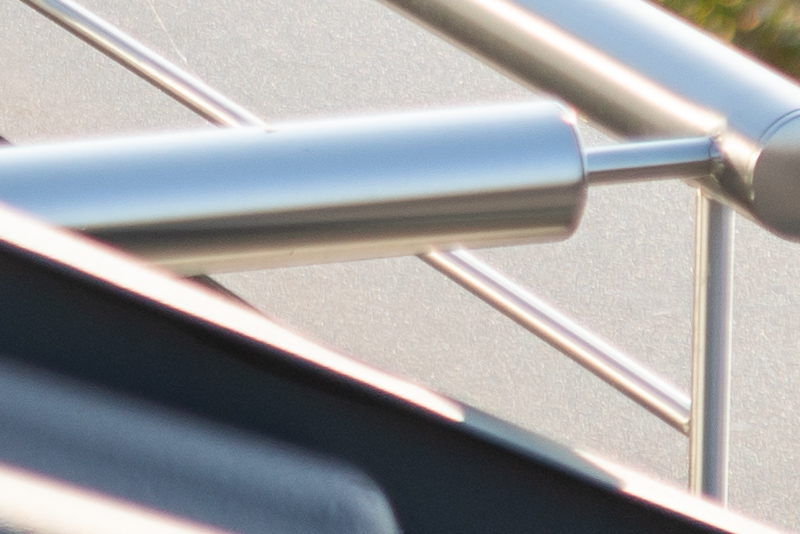
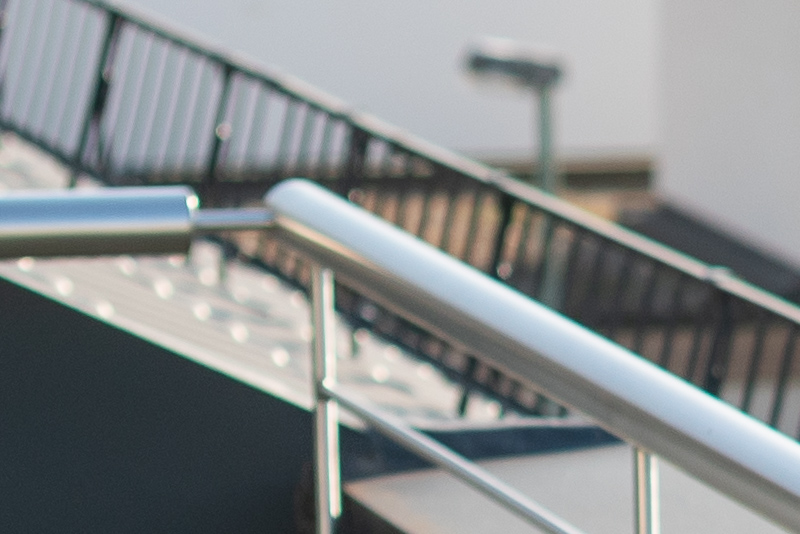
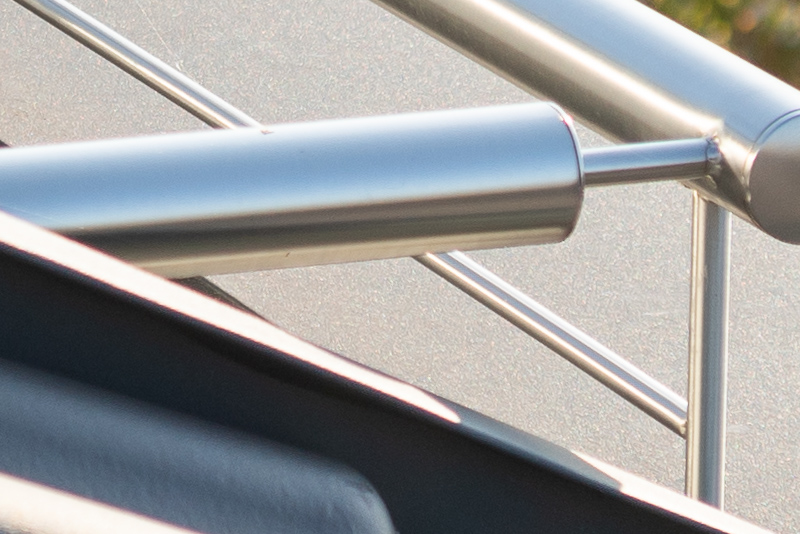
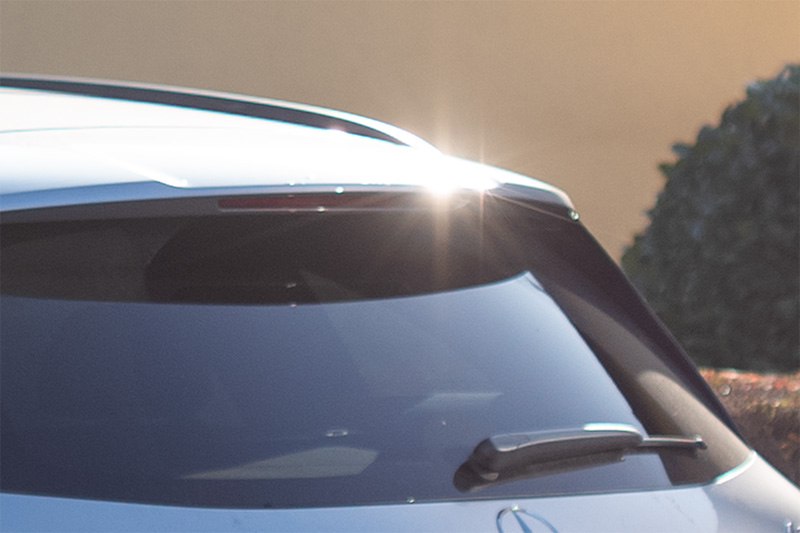
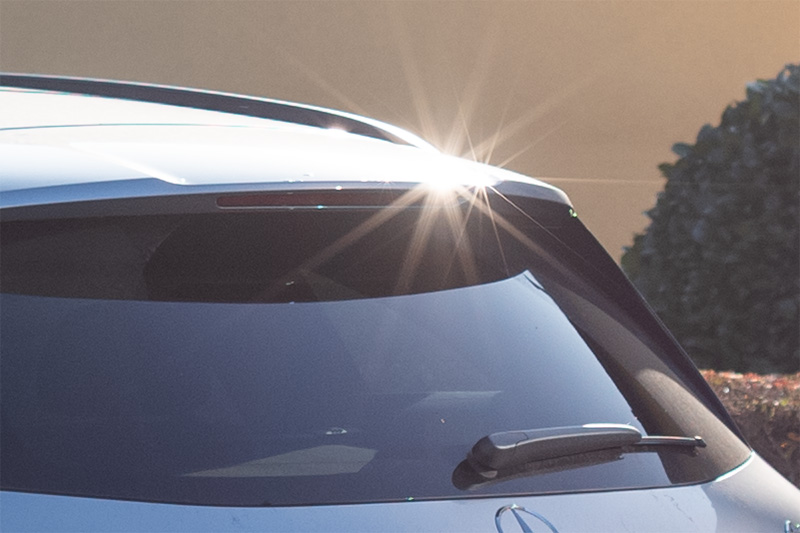
I like that the lens doesn’t “discriminate” Sony (although one could say that it could perform better on a Leica). But it seems hard to argue with your conclusions in comparison to F1.4 version. The fact that this lens is more expensive (!?) would definitely prevent me from ever considering it.
I can’t say that it’s a particularly good or bad looking lens, but it does look good on that Minolta. It would’ve looked even better if it belonged well within a sub 250 eur range.
Those infinity locks though… I can only imagine how irritating they are if infinity isn’t perfectly calibrated, but a millimeter off.
Cosina’s Voigtlander R3A and R3M also feature a 40mm frameline, and so does the Pixii Max. I grant you that doesn’t expand the user pool very much, so I applaud Cosina’s quixotically faithful support of this focal length. A 40 and Cosina’s 75/1.9 make a very nice Pixii Max carry-around lens set, although as you note the 40/1.4 is more broadly useful and not much bigger, so that’s what I picked.
Yeah I really don’t see many picking this over the 40mm 1.4. I also have the 1.4 myself as small lens for my CLE.
Regarding the Nokton 40/1.2 it could be worth mentioning, that there is a new version II for M-mount. It has the same optical design but is significantly lighter and more compact.
Bastian’s another excellent 40mm lens review! This is a focal length many feel just right.
it is interesting that Cosina pursue Kaizen! and of course, they listened and got rid of the silver front ring. also the second version isn’t too much heavier than my 50mm f1.5 lens, which may persuade more people leaning towards this version when deciding which 40mm to pick.
Significantly? I think the difference is a few grams, less than 10%.
just checked their website, reduced from 315g to 267g, which is roughly 15% reduced weight? significant or not is subjective though, but always welcome to see an ultra fast lens get slimmer.
As I said, the lens design is still the same. So 15% less weight is a significant improvement from my point of view, but that may be subjective.
With perspective from version II, the version I is 18% heavier. Perhaps that helps 😉
And it has less RF blockage.
thanks for the review. it’s helped me rule this lens out for my purposes funnily enough as I planned to use it as a taking lens for a DIY anamorphic setup the infinity lock would have been super ideal. but the lack of flaring makes it almost entirely uninteresting. it’s looking more and more like I will be shelling out for simmicron-c/Minolta 40mm. the 1.4 nockton is also far too clean for my liking and the 1.2 too large.
Thanks Bastian, nice review as always. I am using this lens for almost a year now and have grown to like it quite a lot. I use it on my M-A and, while I was unsure about the design quirks in the beginning, for me it all works out just fine. I made it a habit to always start from the infinity lock position, and turn the focus ring back to this after each shot (unless I am taking several in a row). I set the aperture before focusing, which feels natural on a meterless body. I am happy with the optics on film, and the small size is wonderful. In addition, I filed the lens mount so it brings up the 35mm frame lines, which fit surprisingly well, much better than the default 50 mm frame lines (I believe the lens is actually a bit wider than 40 mm, it is definitely wider than the Nokton 40 1.2)
I have both the VM 40 f1.4 and the Heliar 40 f2.8. I carry the f2.8 on a Leica CL and the f1.4 on a Bessa R3A. Keeps me on my toes shooting the same focal length in color and B&W with totally different feling lenses. Although, in retrospect, I should have purchased the 50mm Heliar f1.5 instead of the 40mm f2.8 and put the 50mm on the Bessa as its 40mm frame lines are all the way to the edge…. and with glasses thats a big challenge. Thanks for the Review!